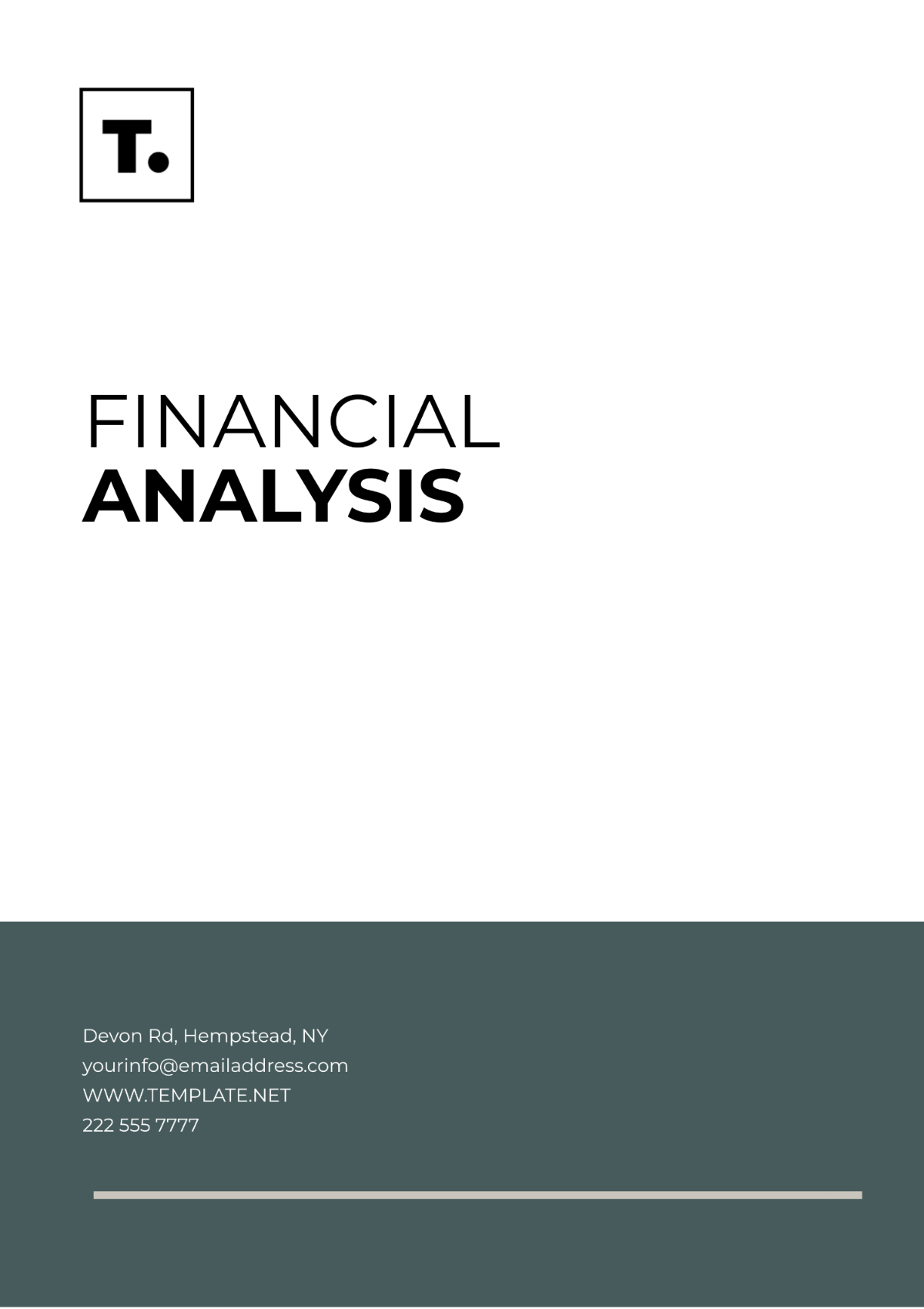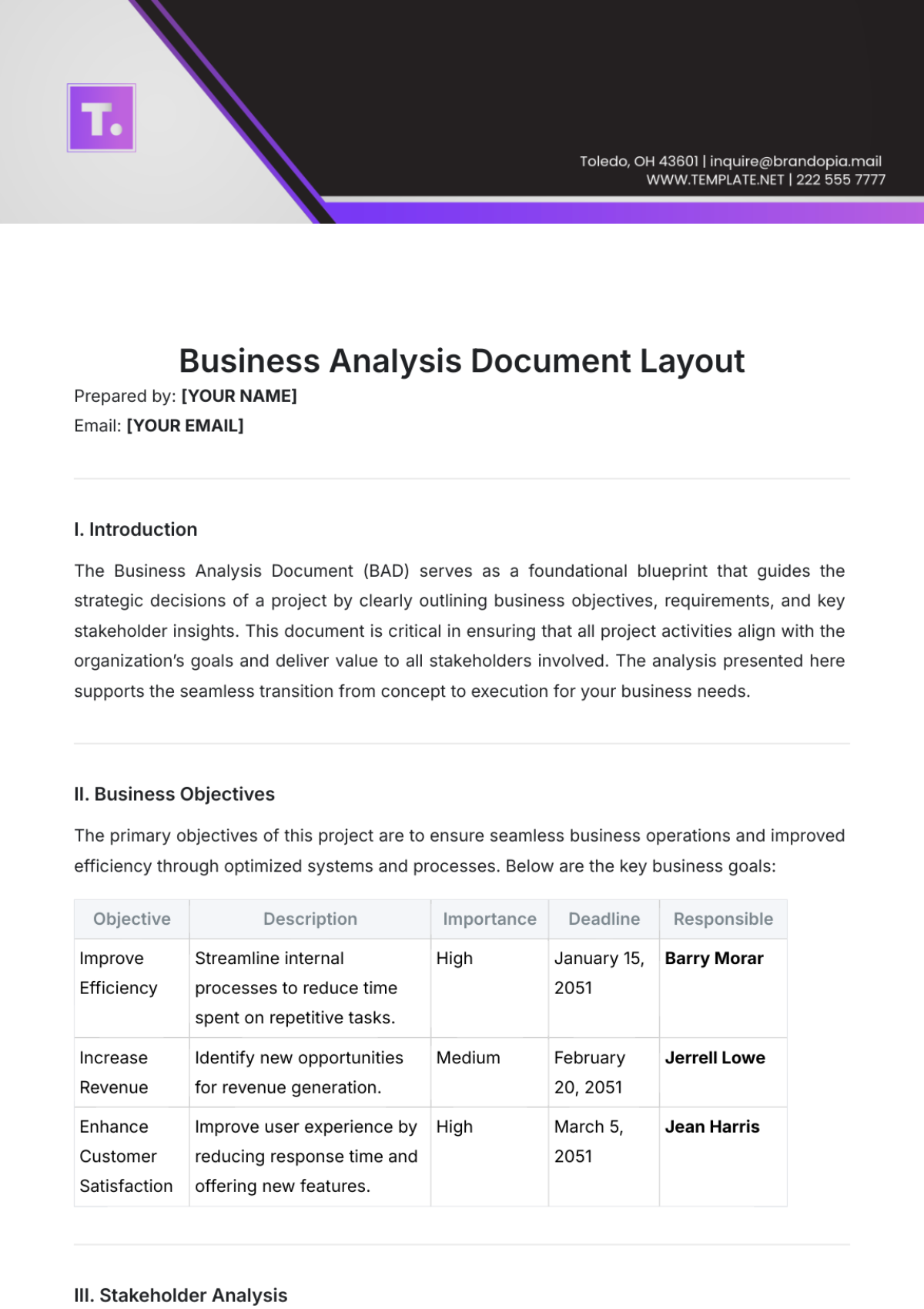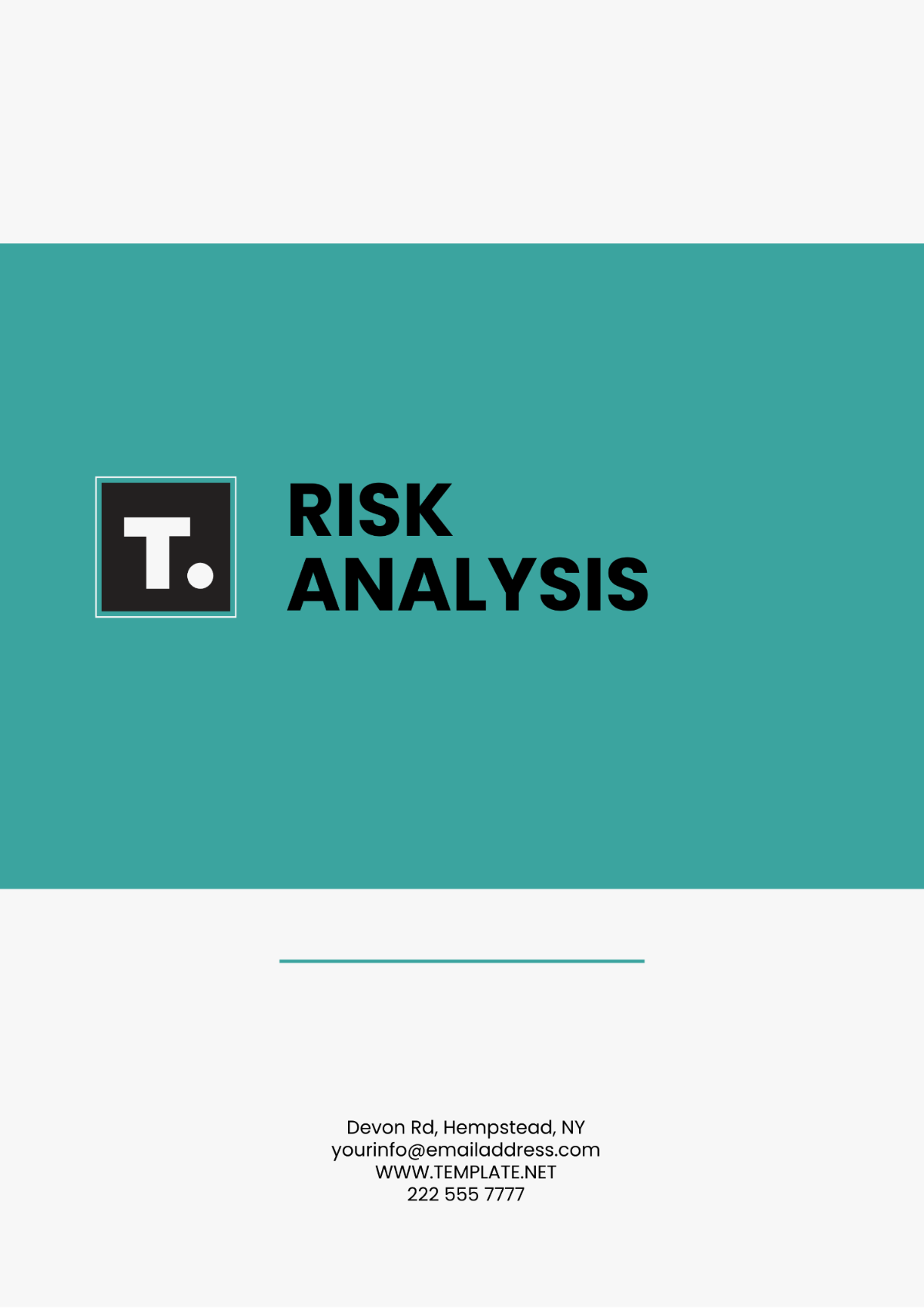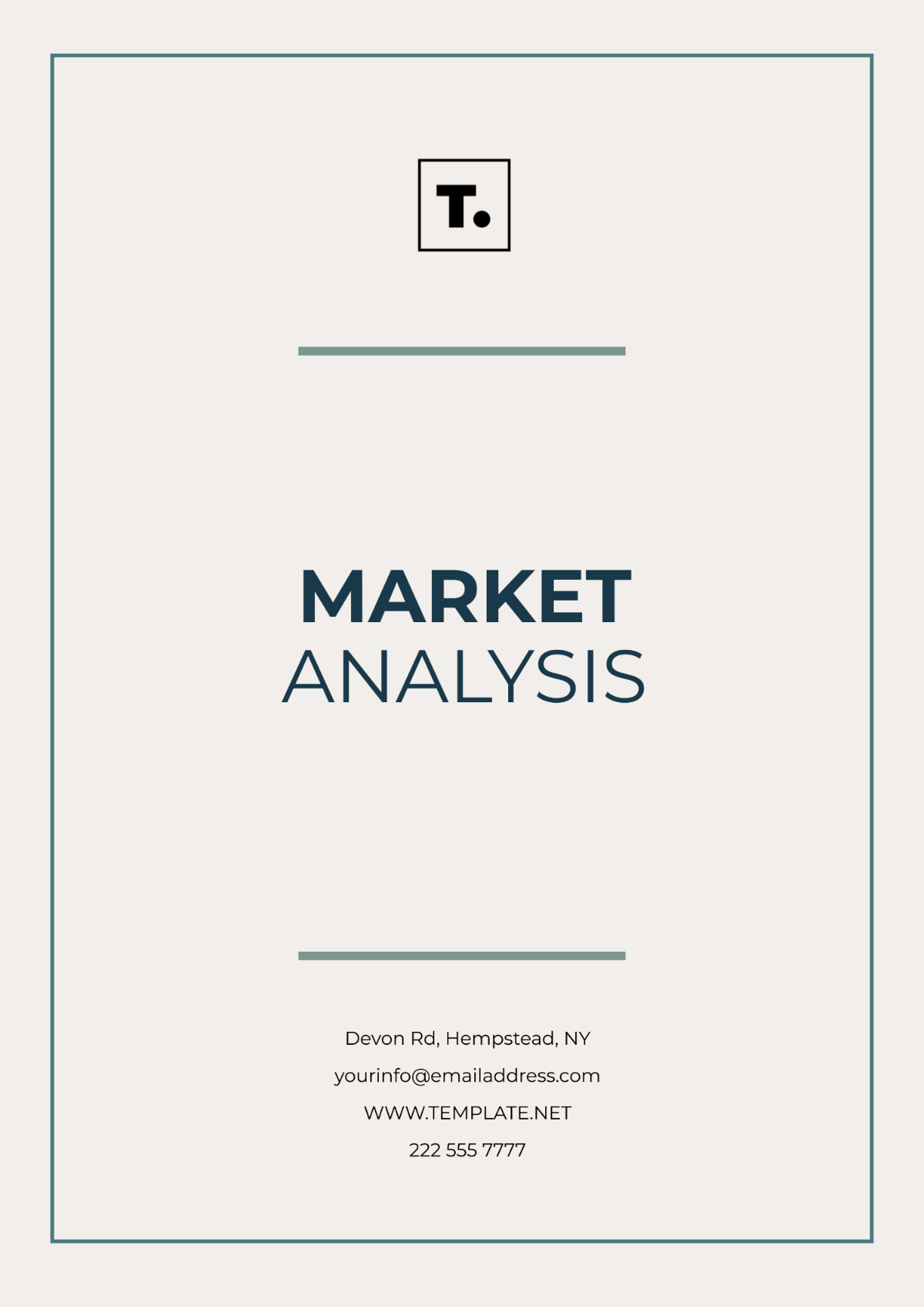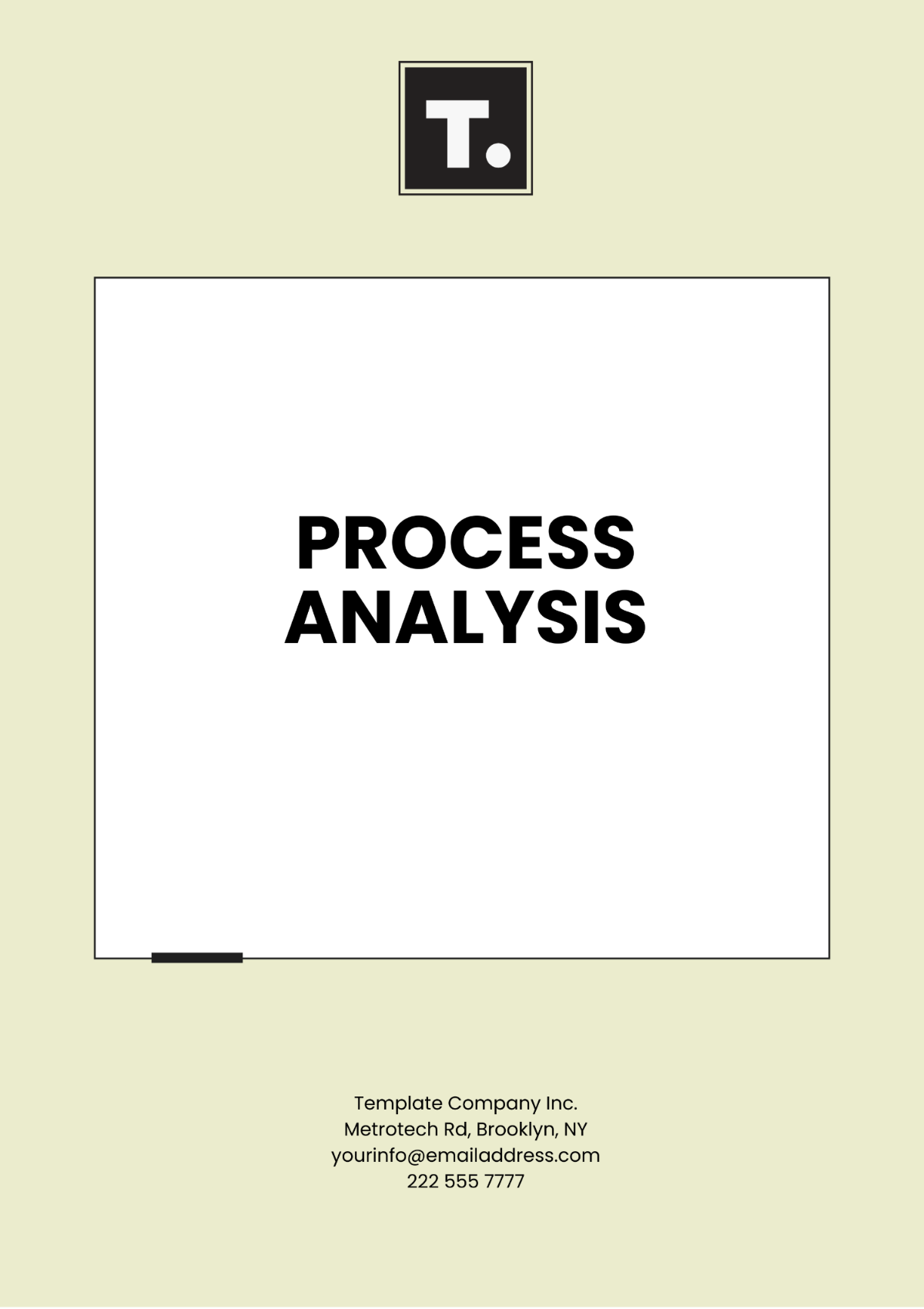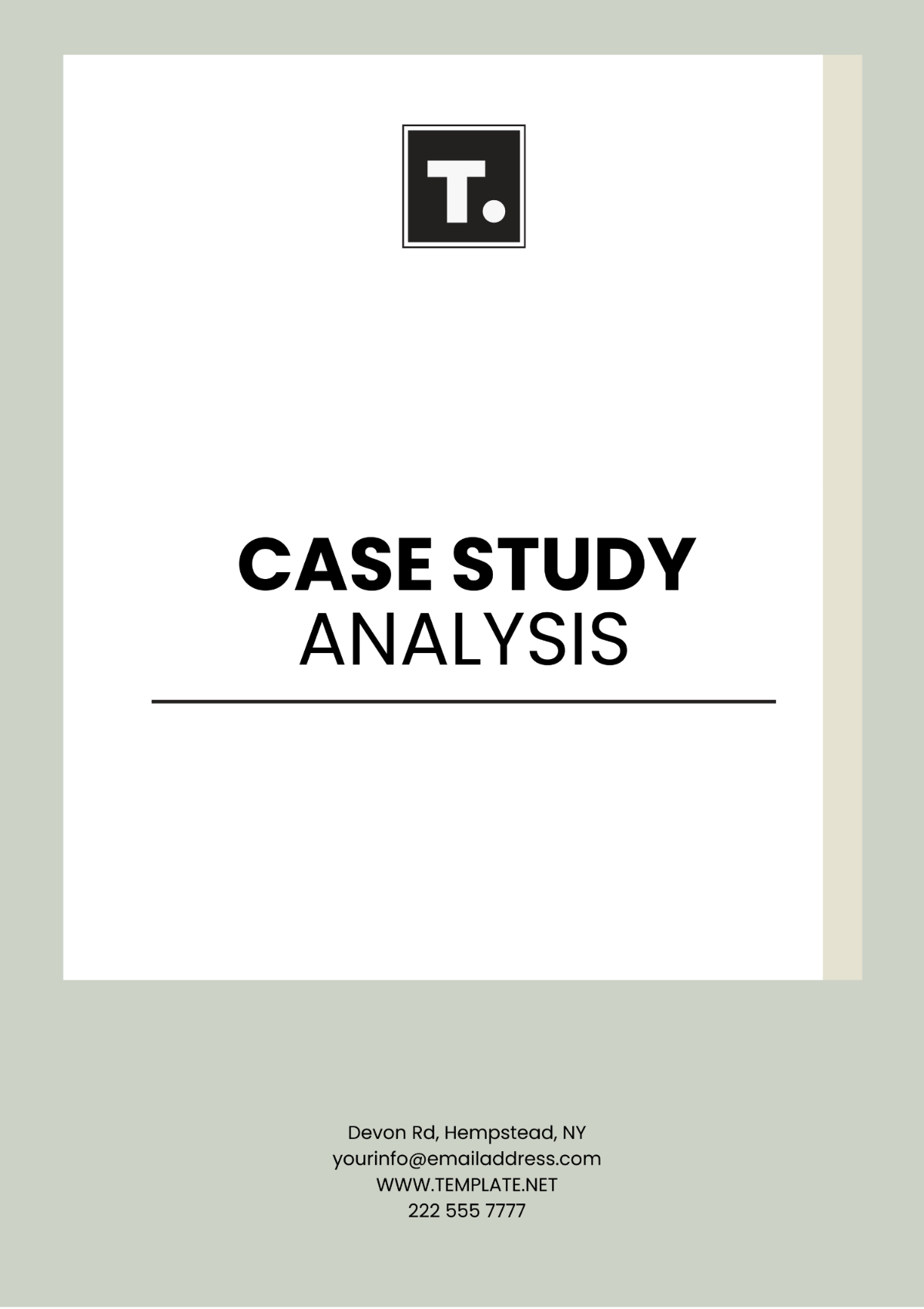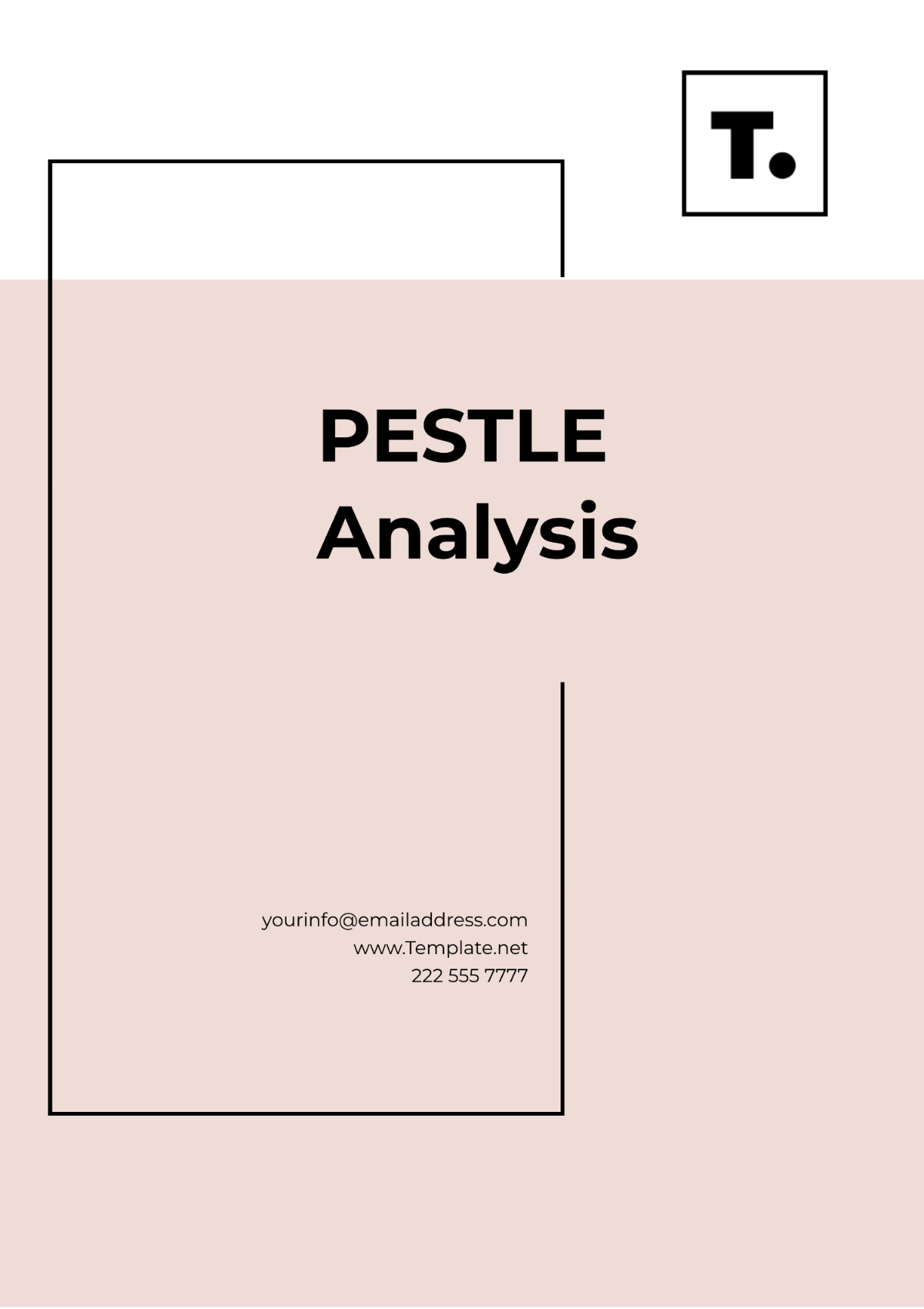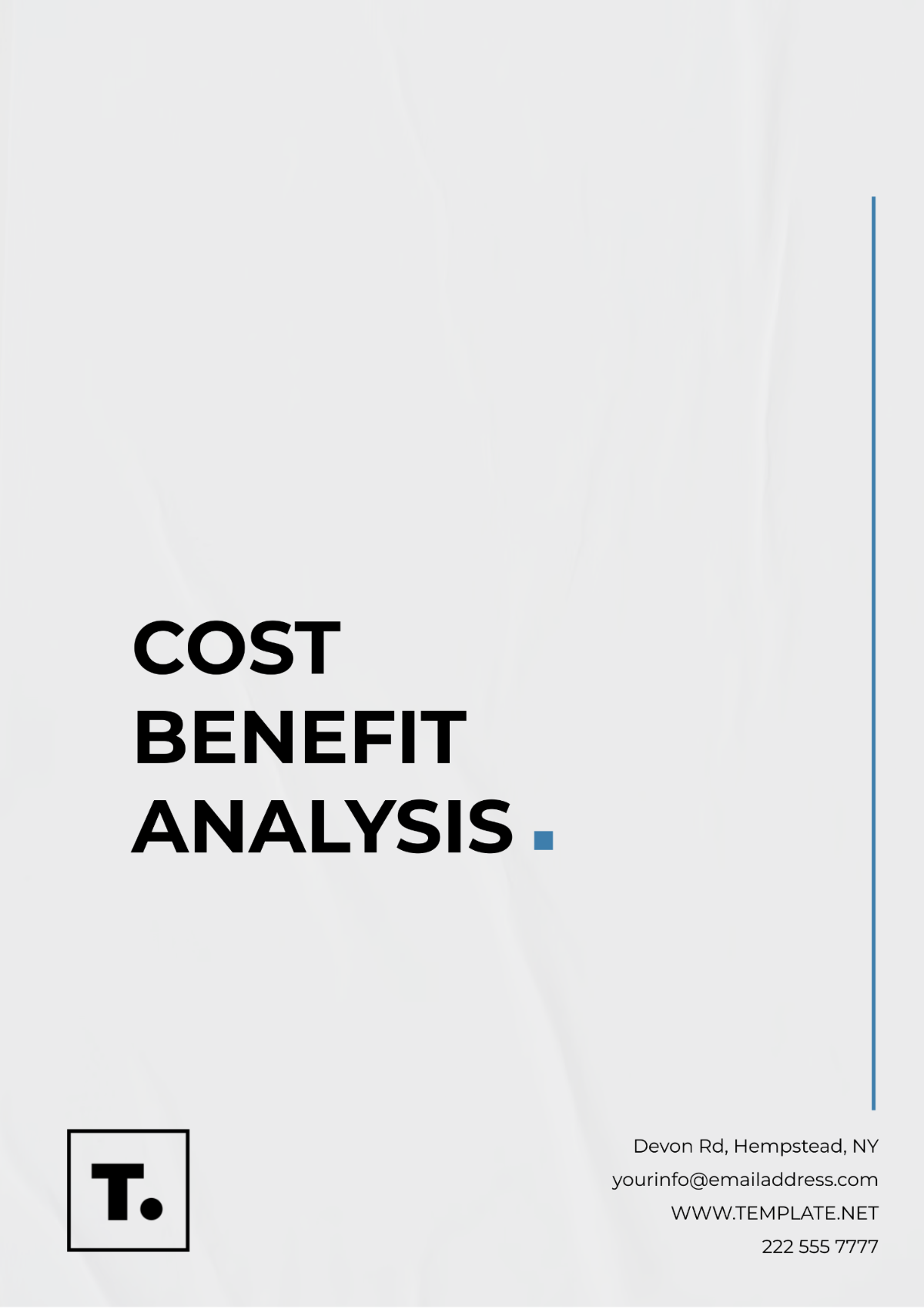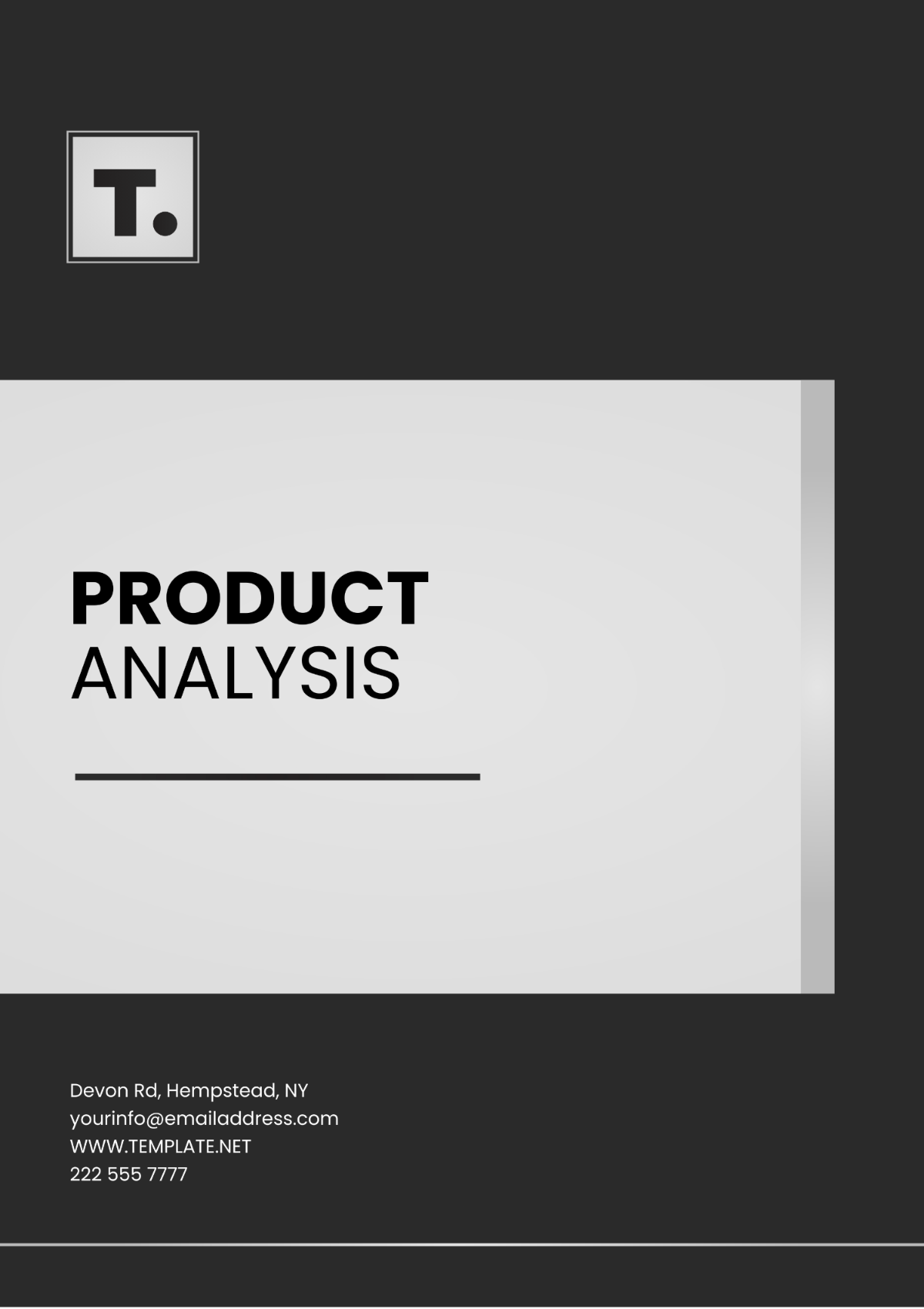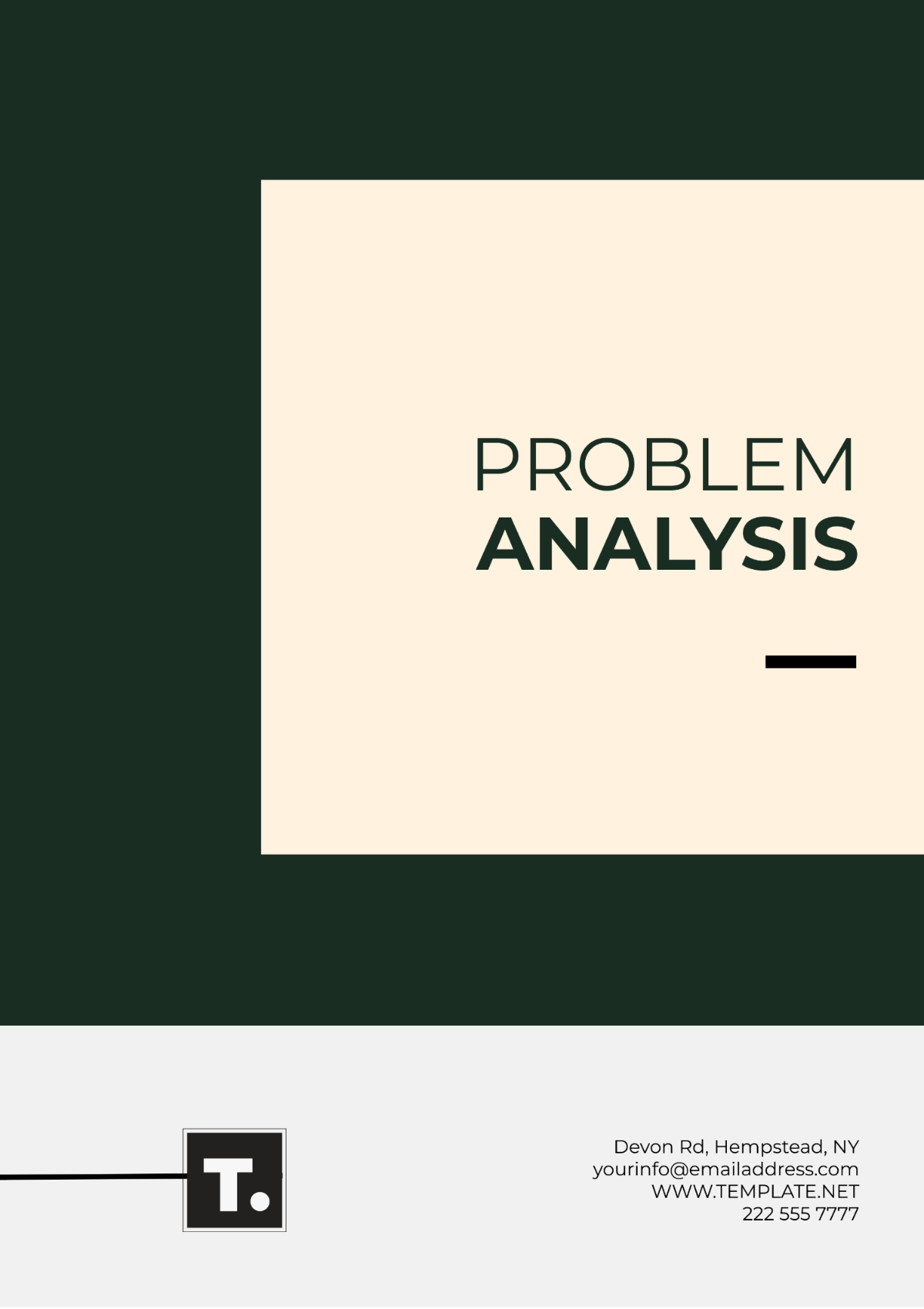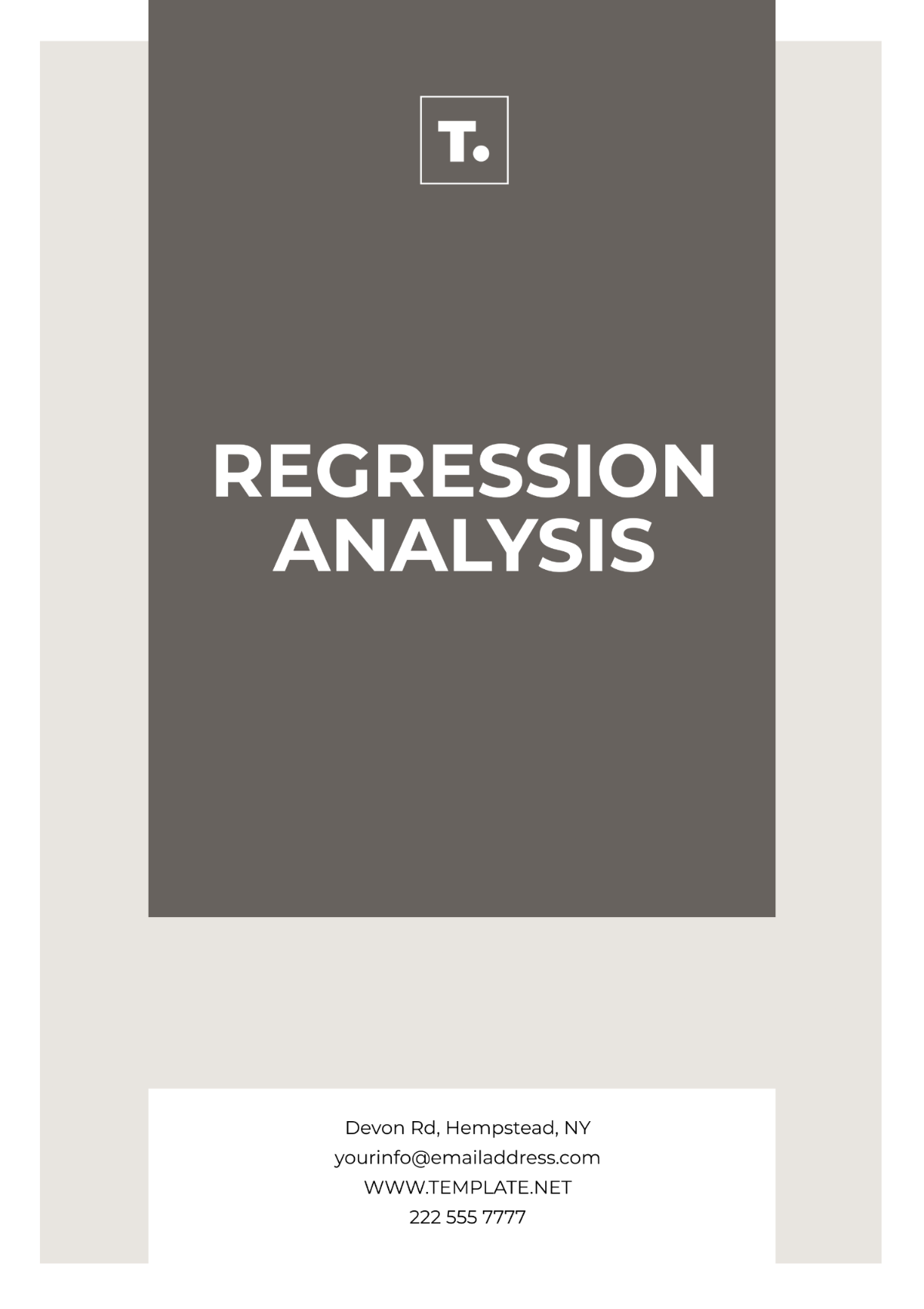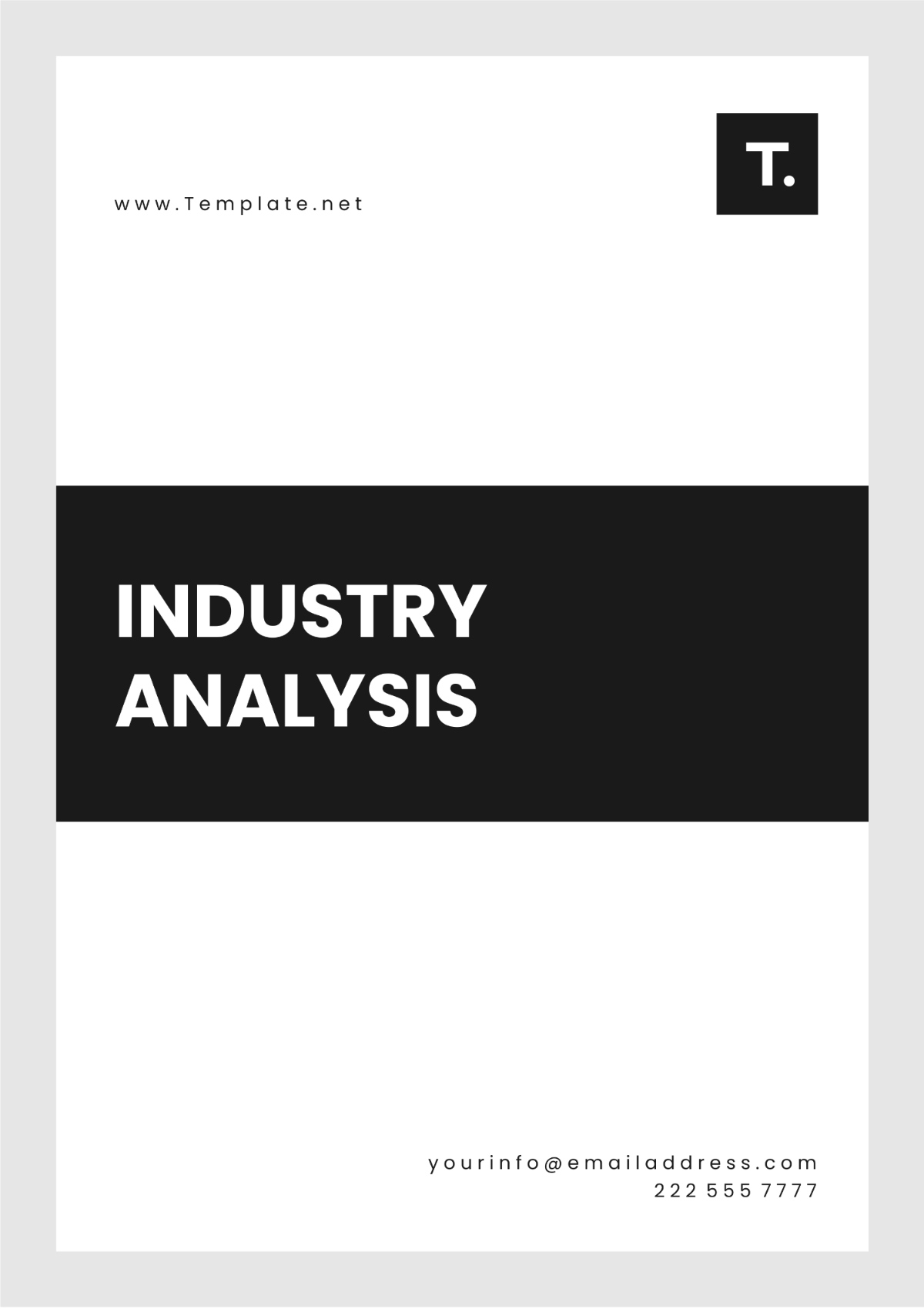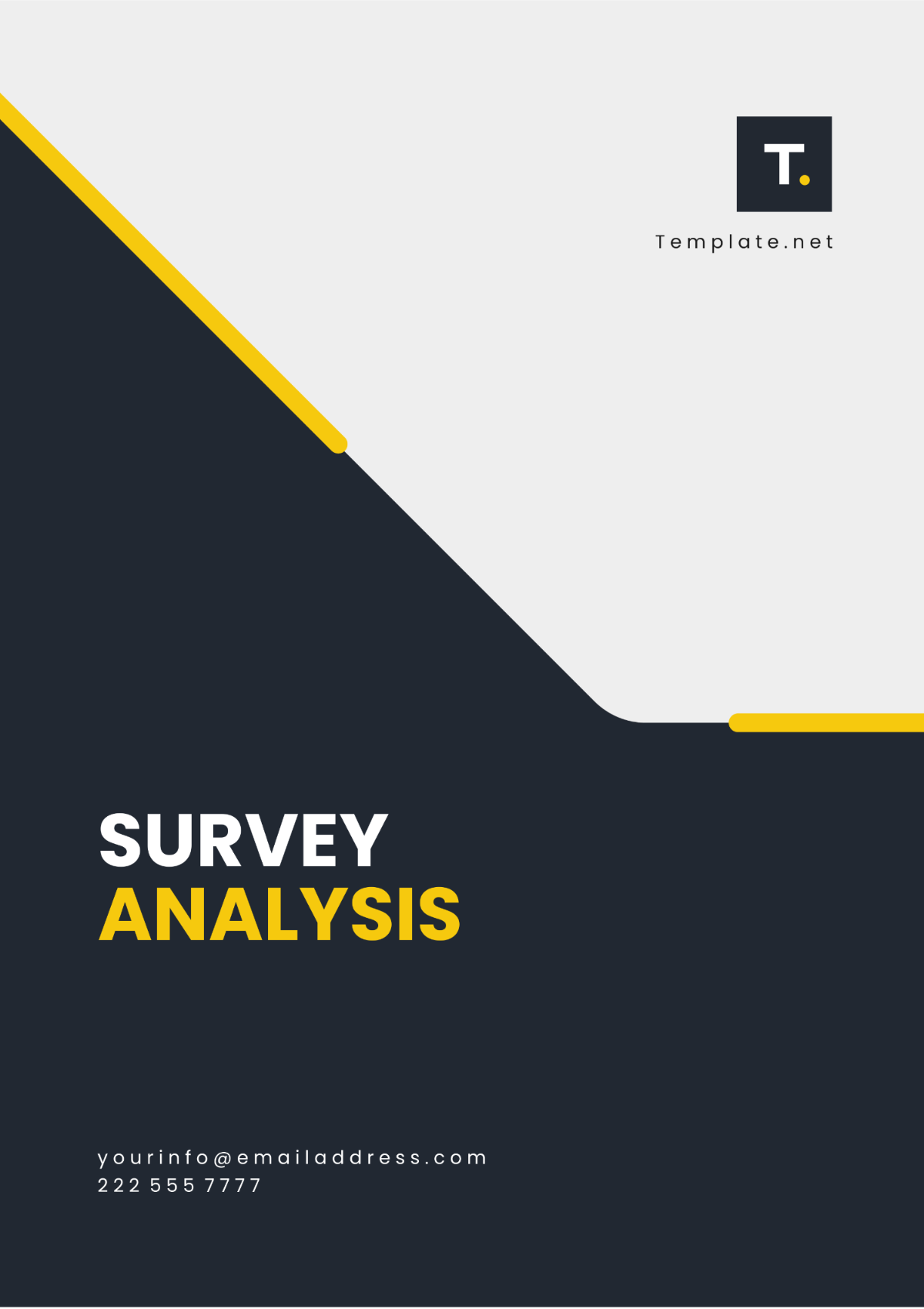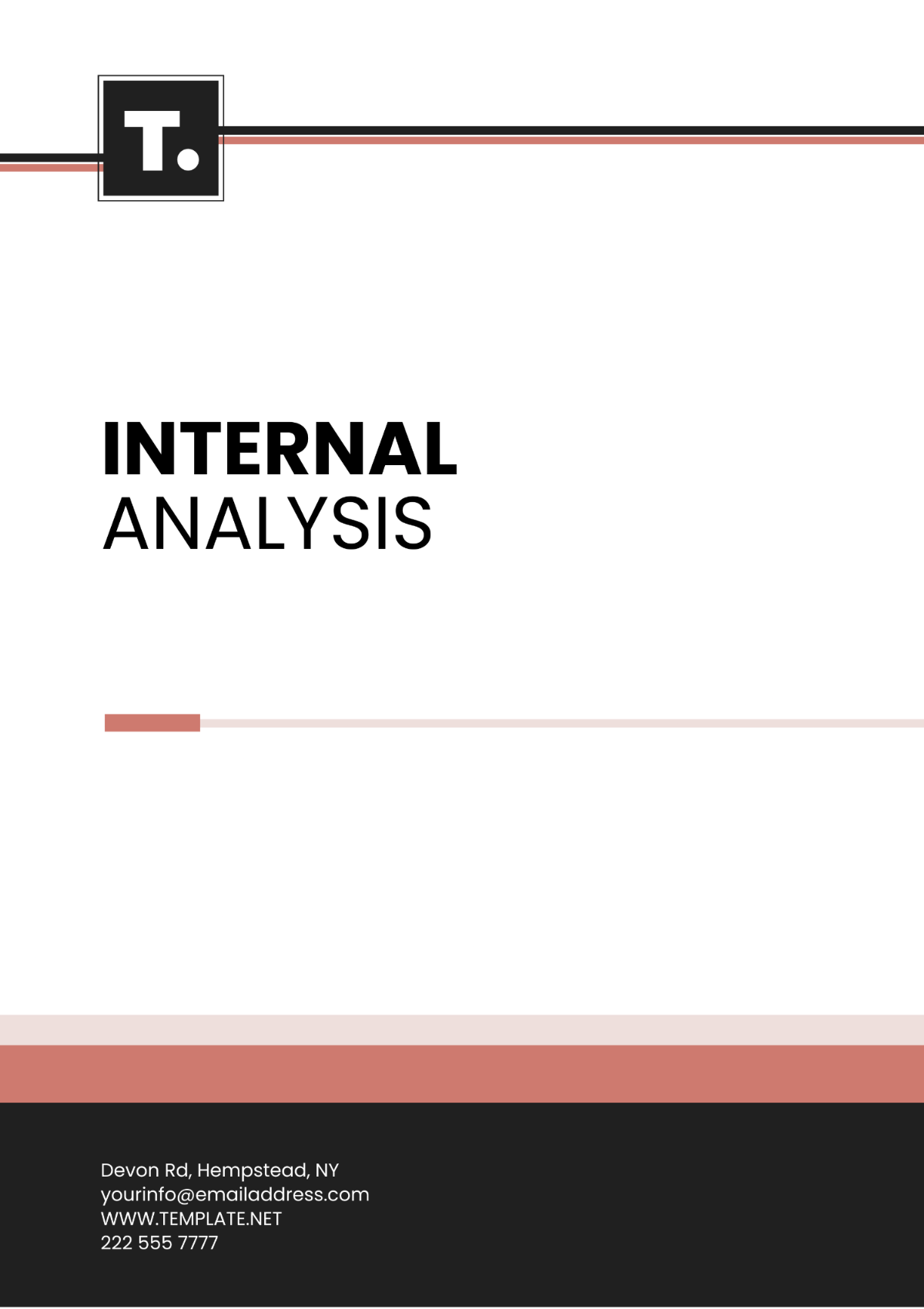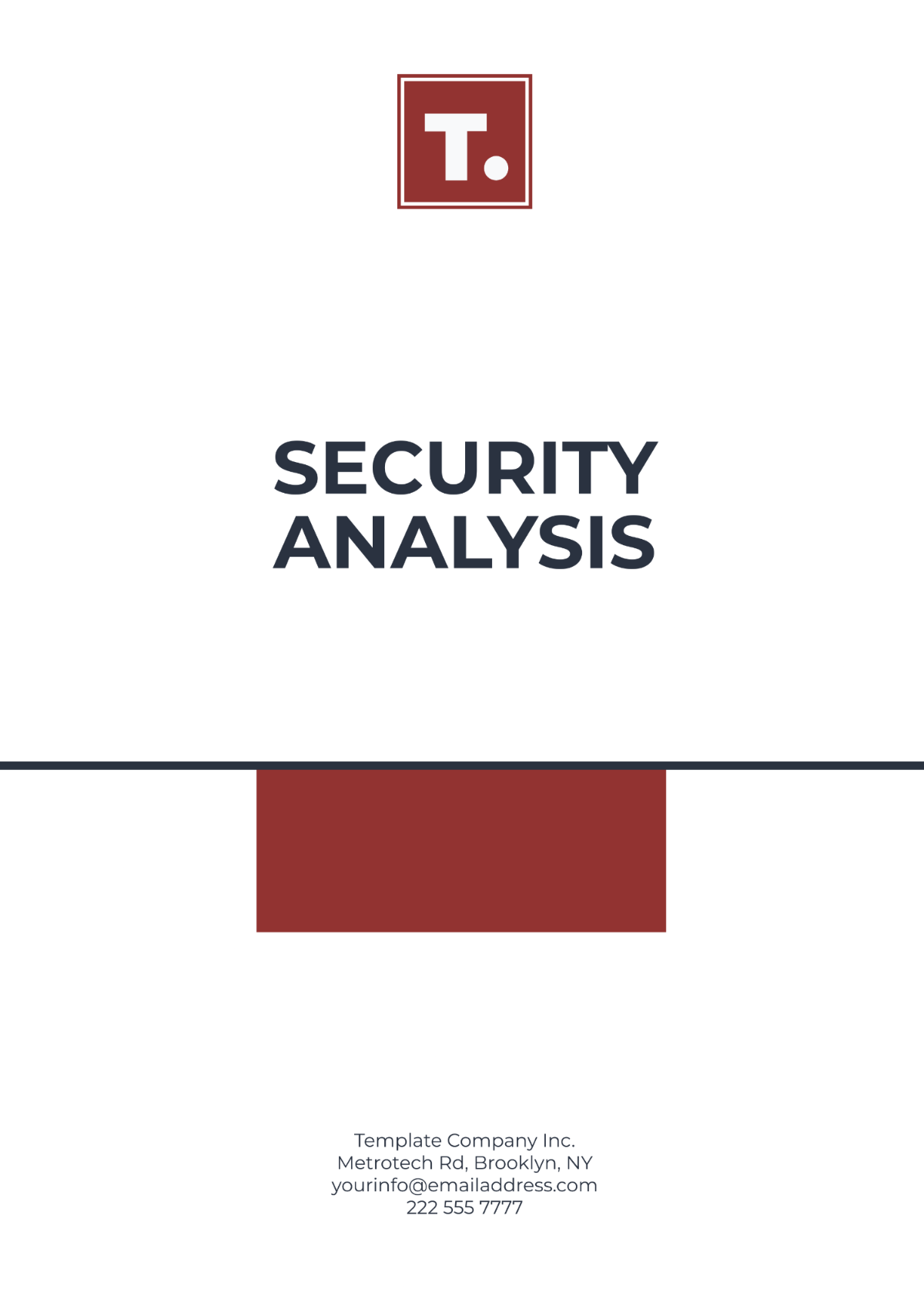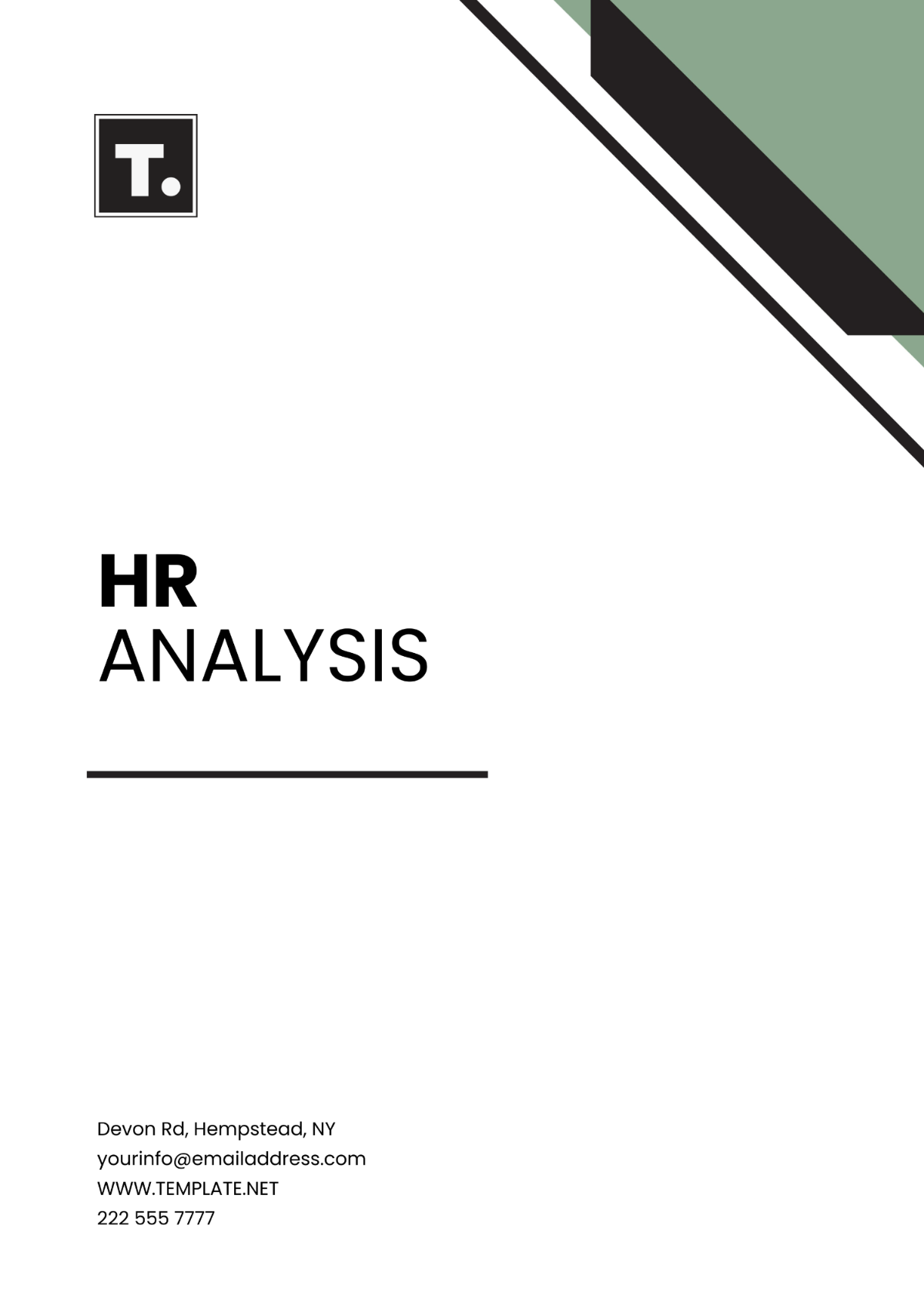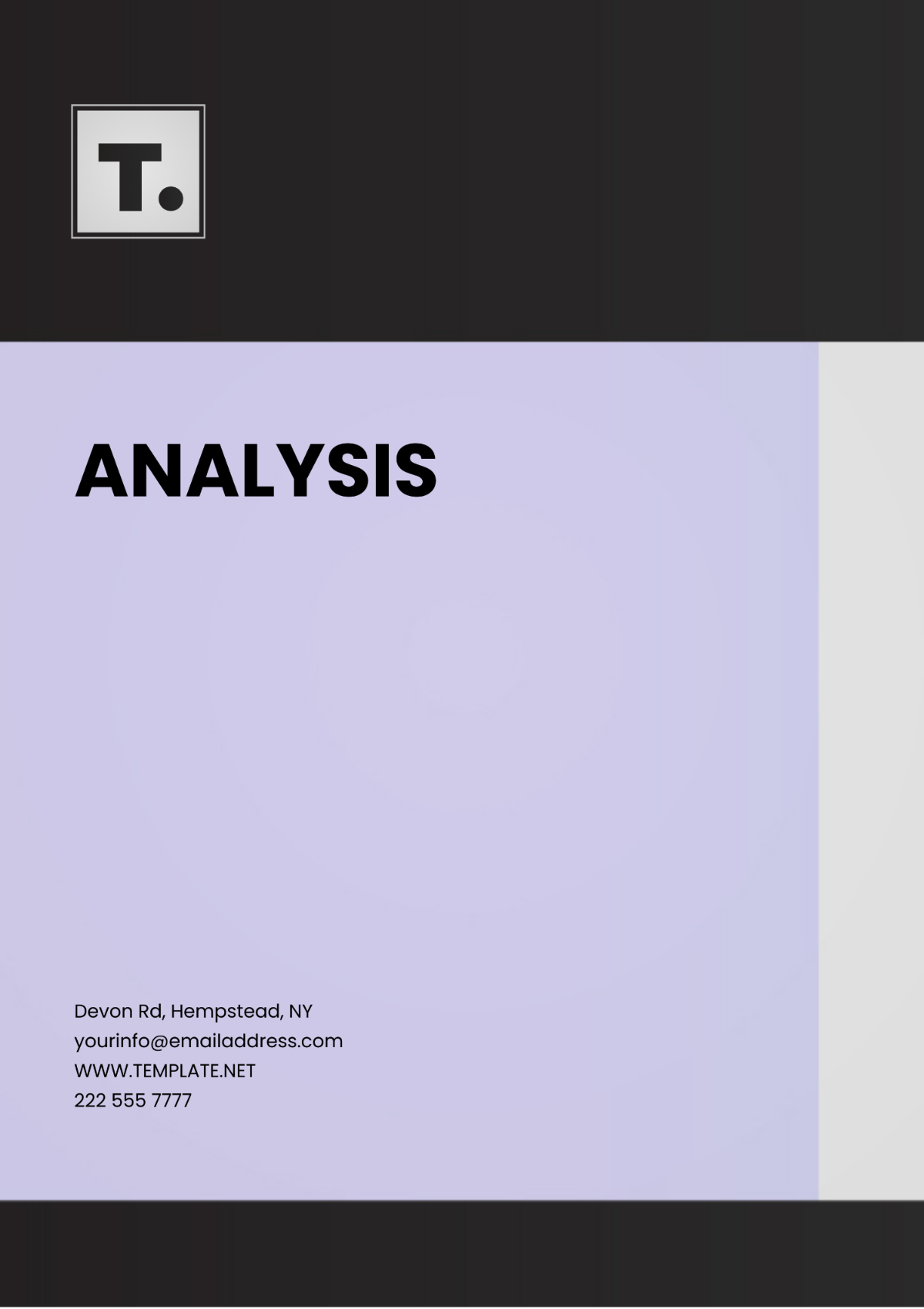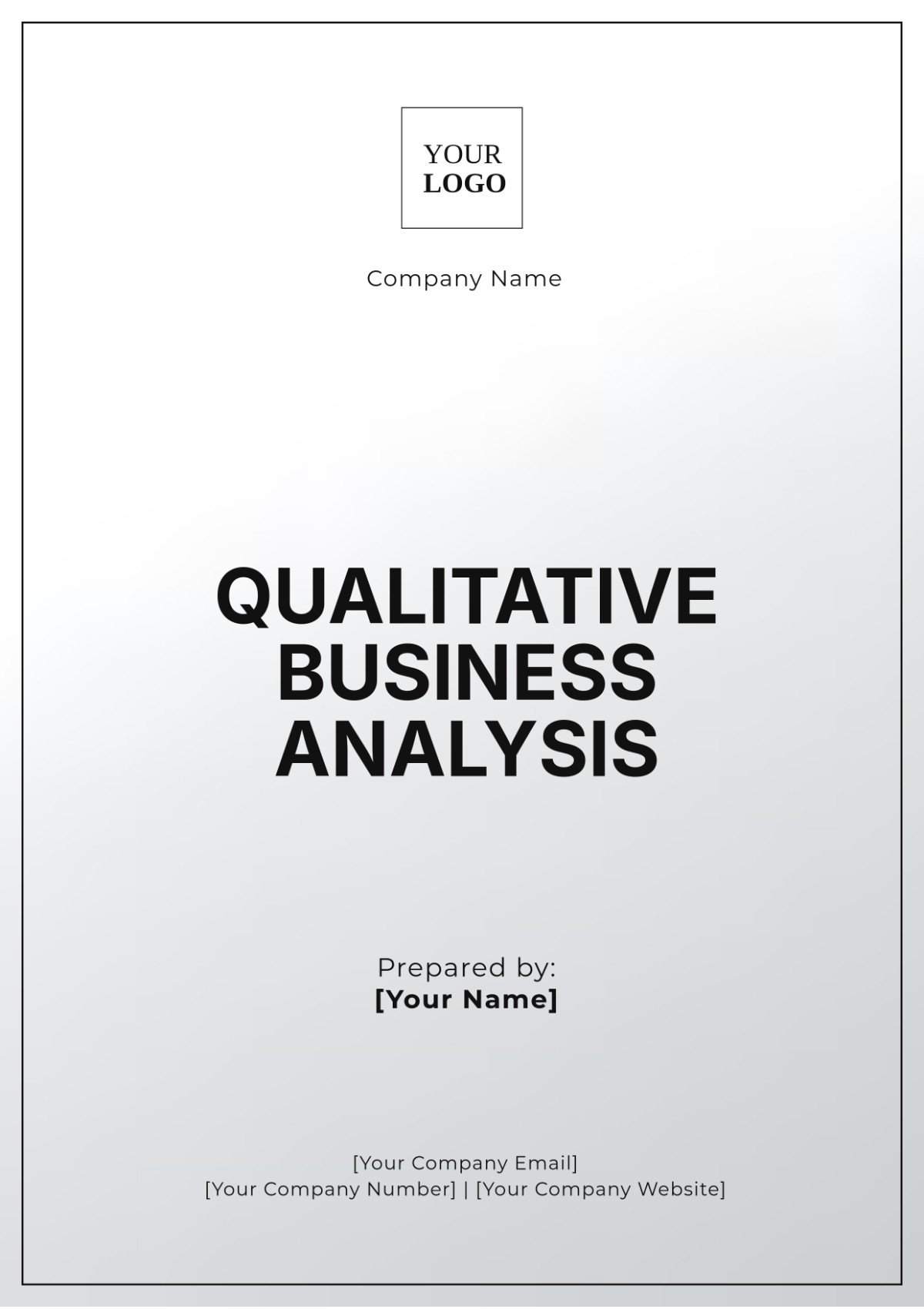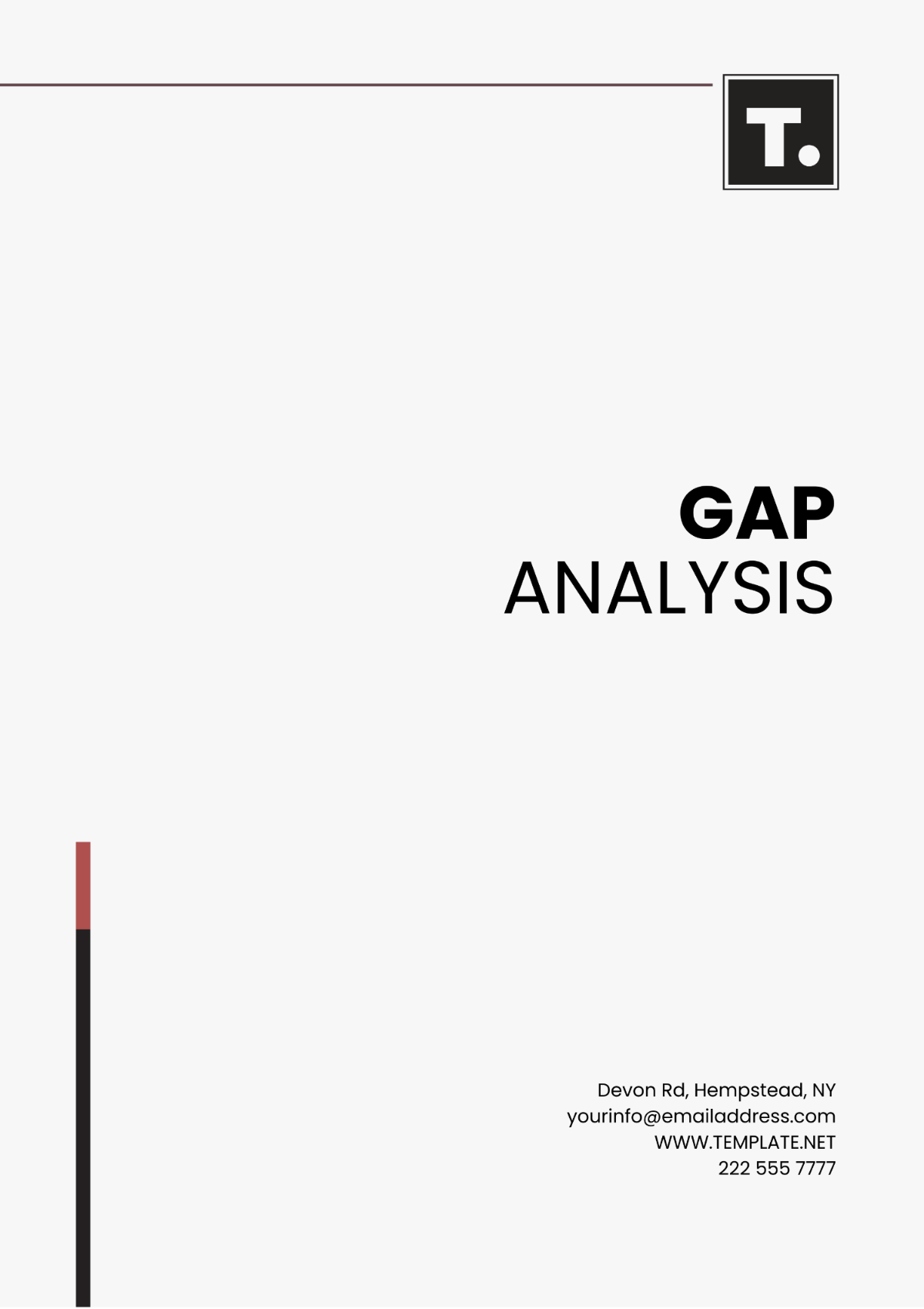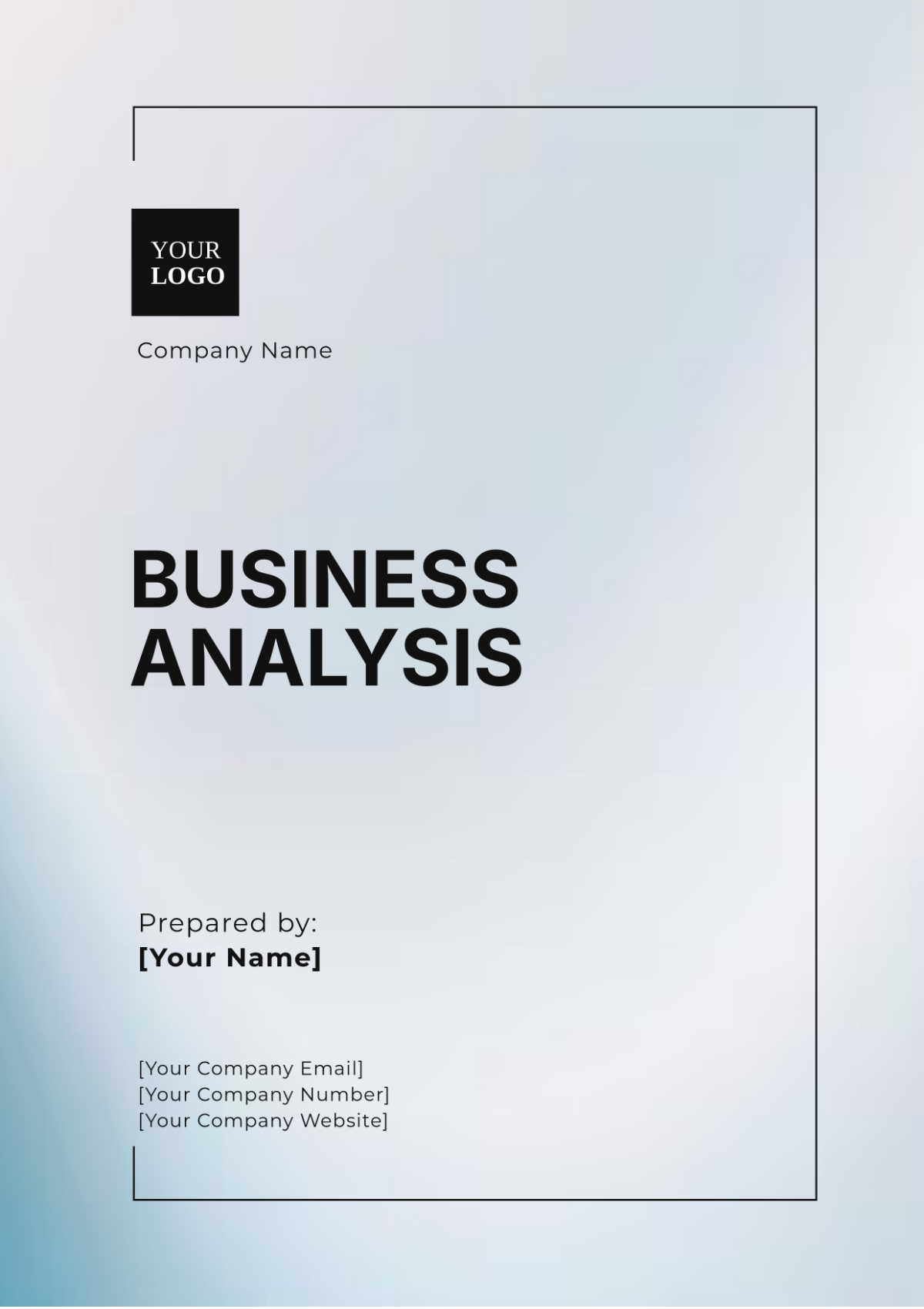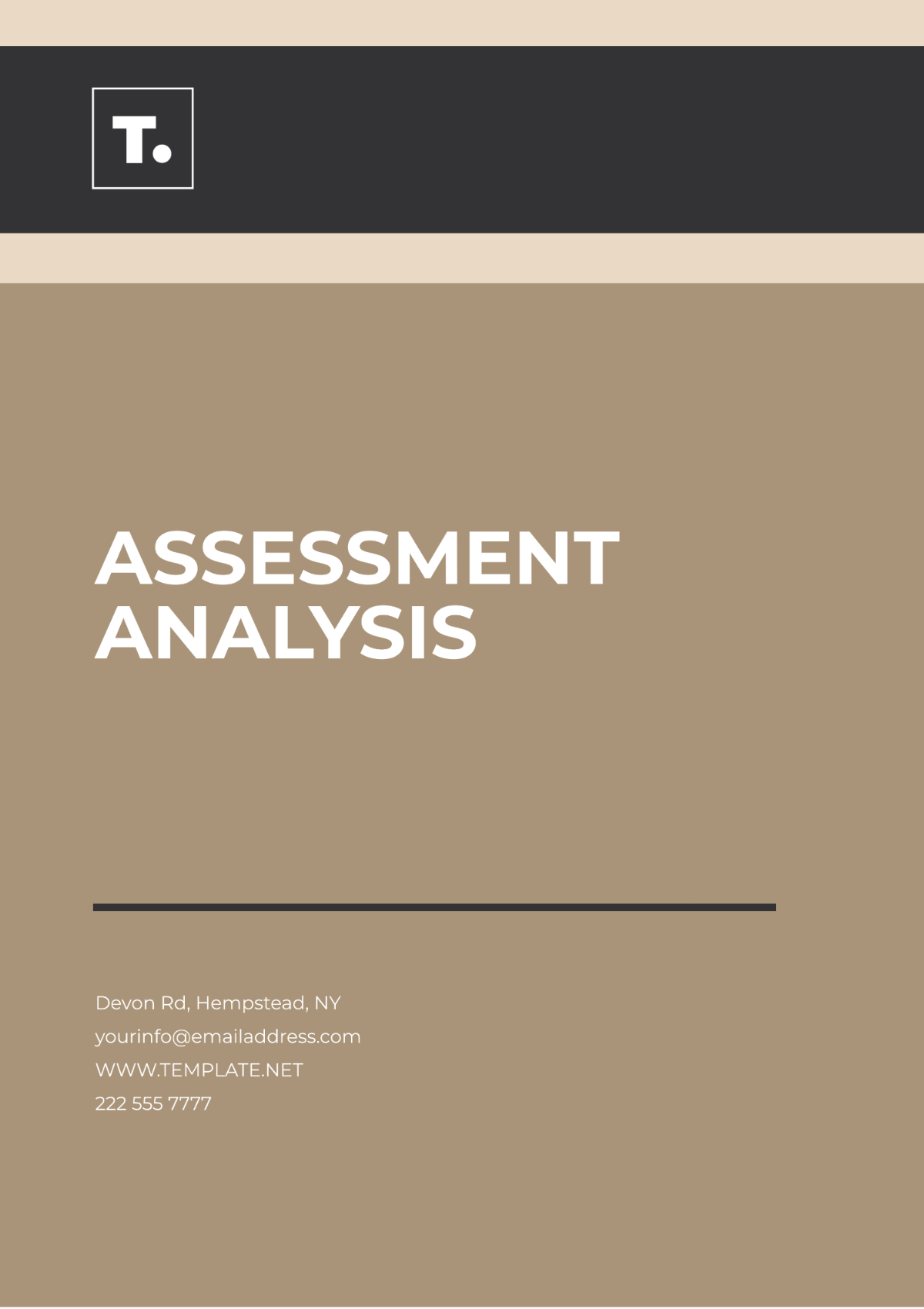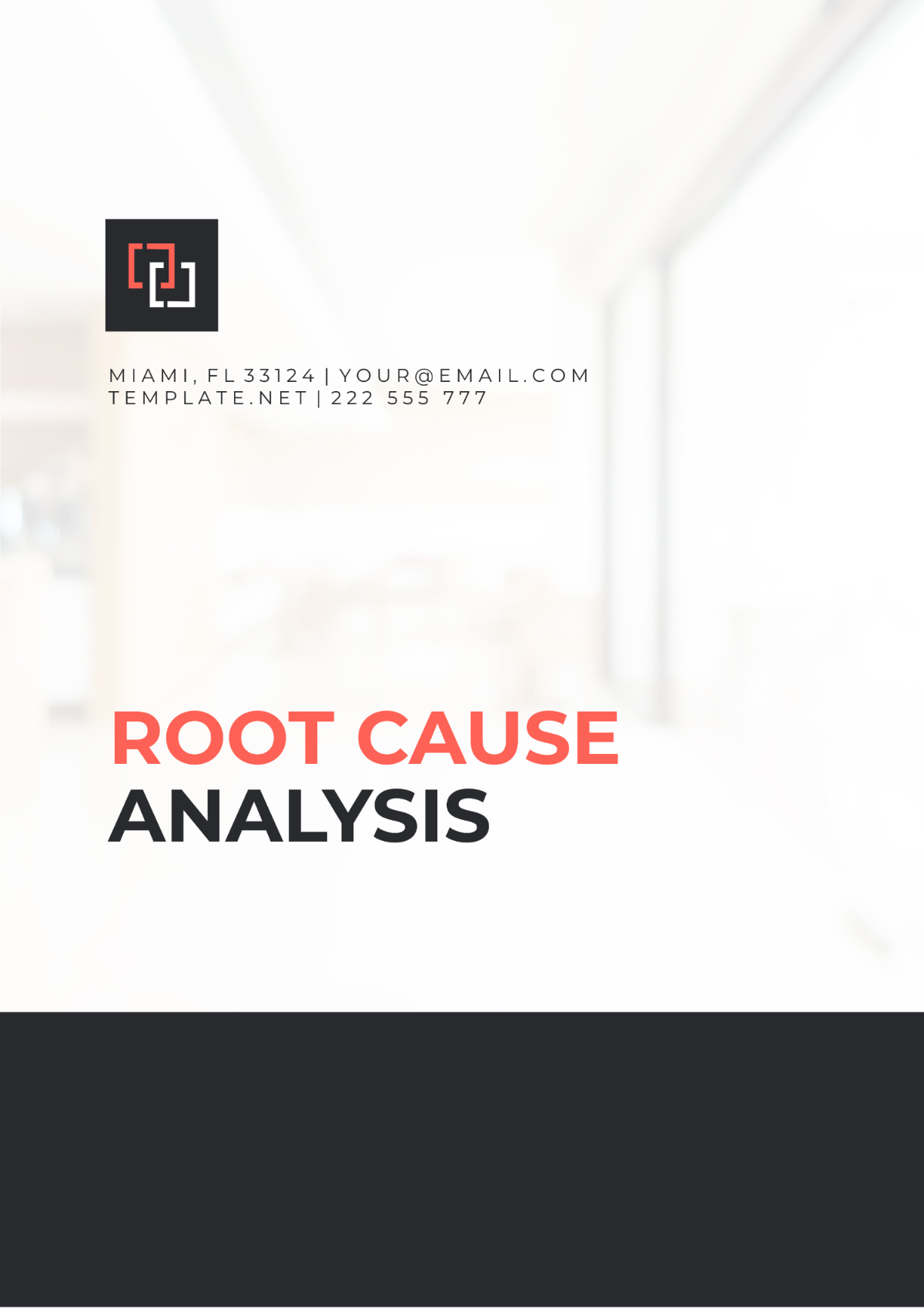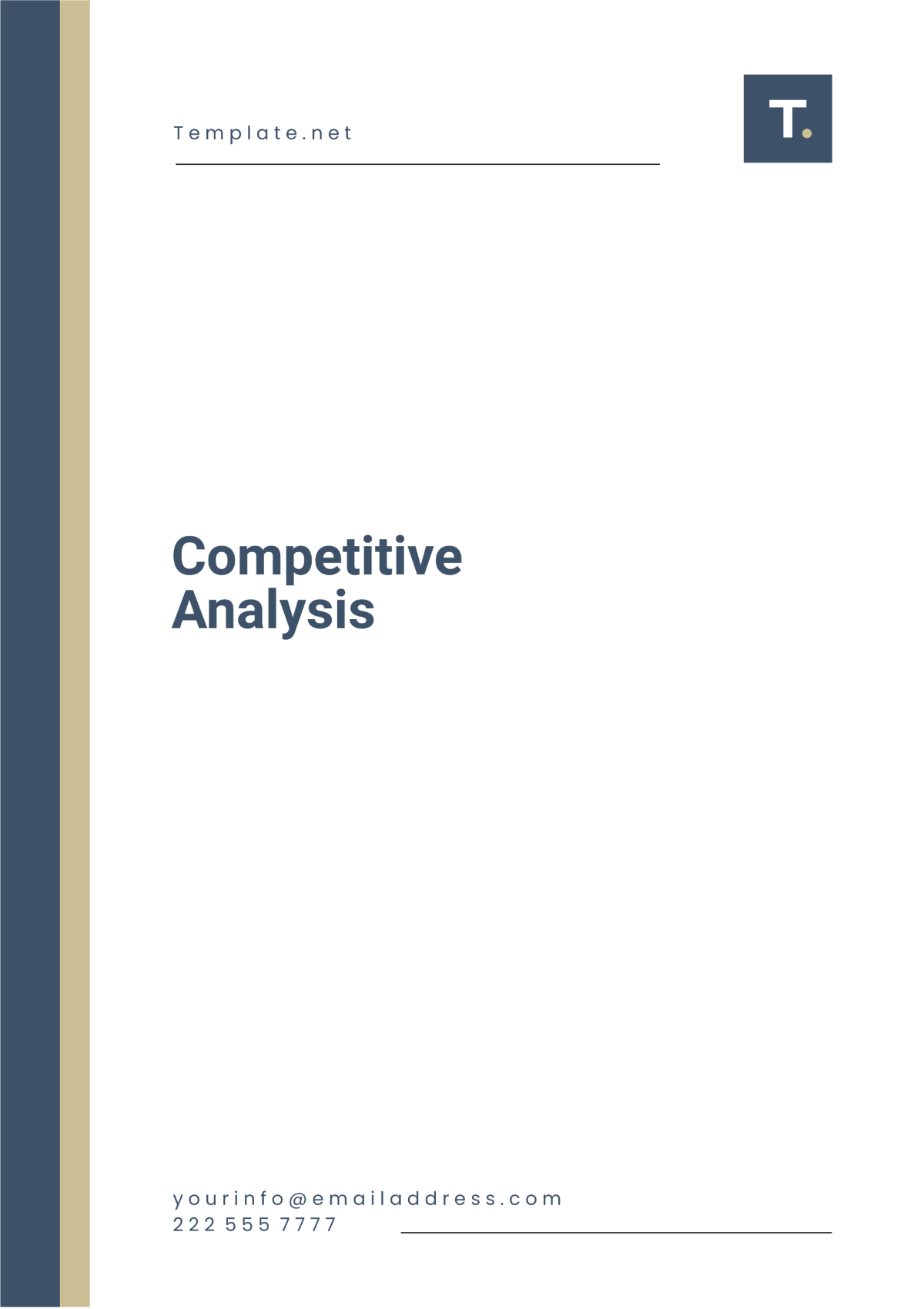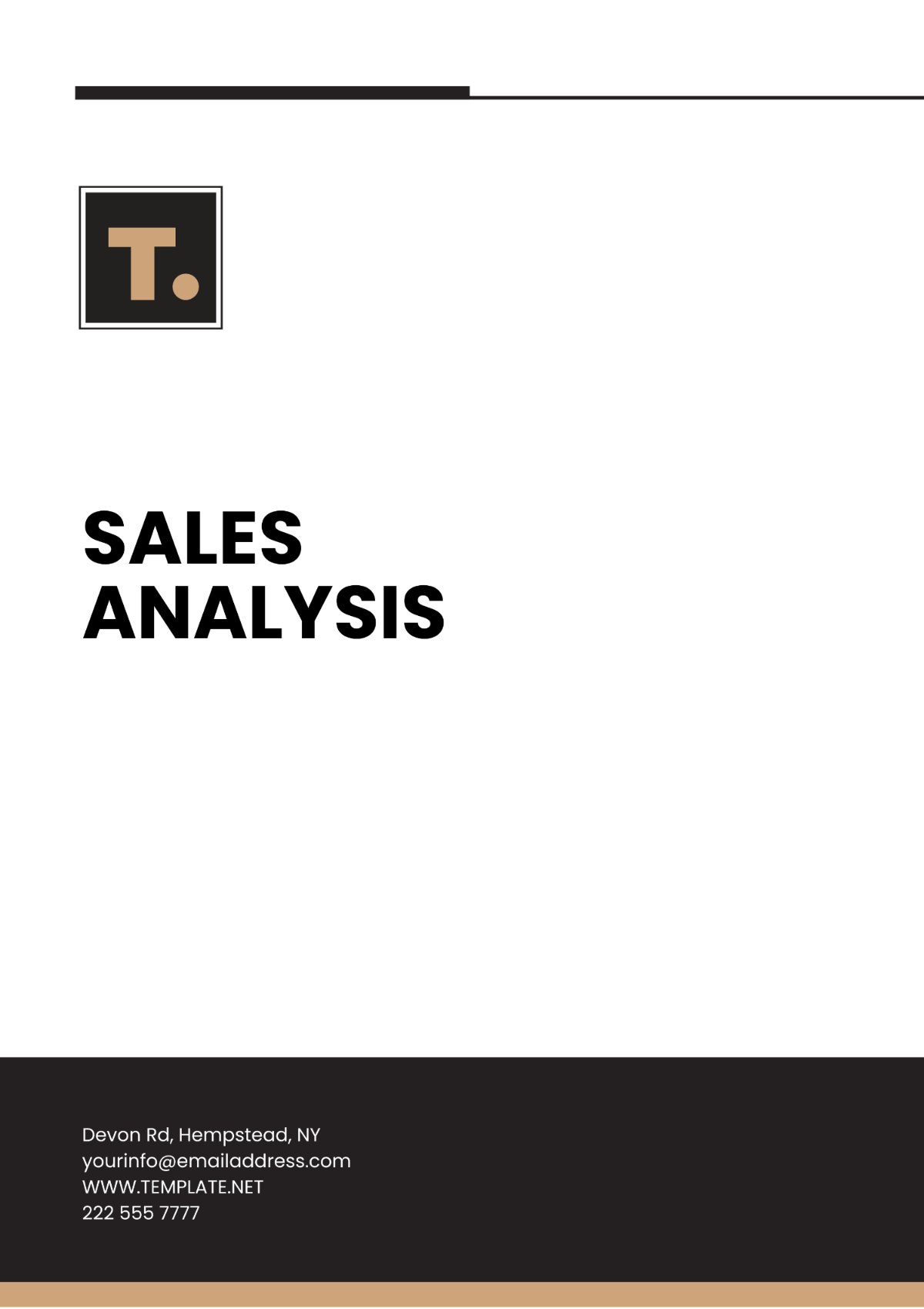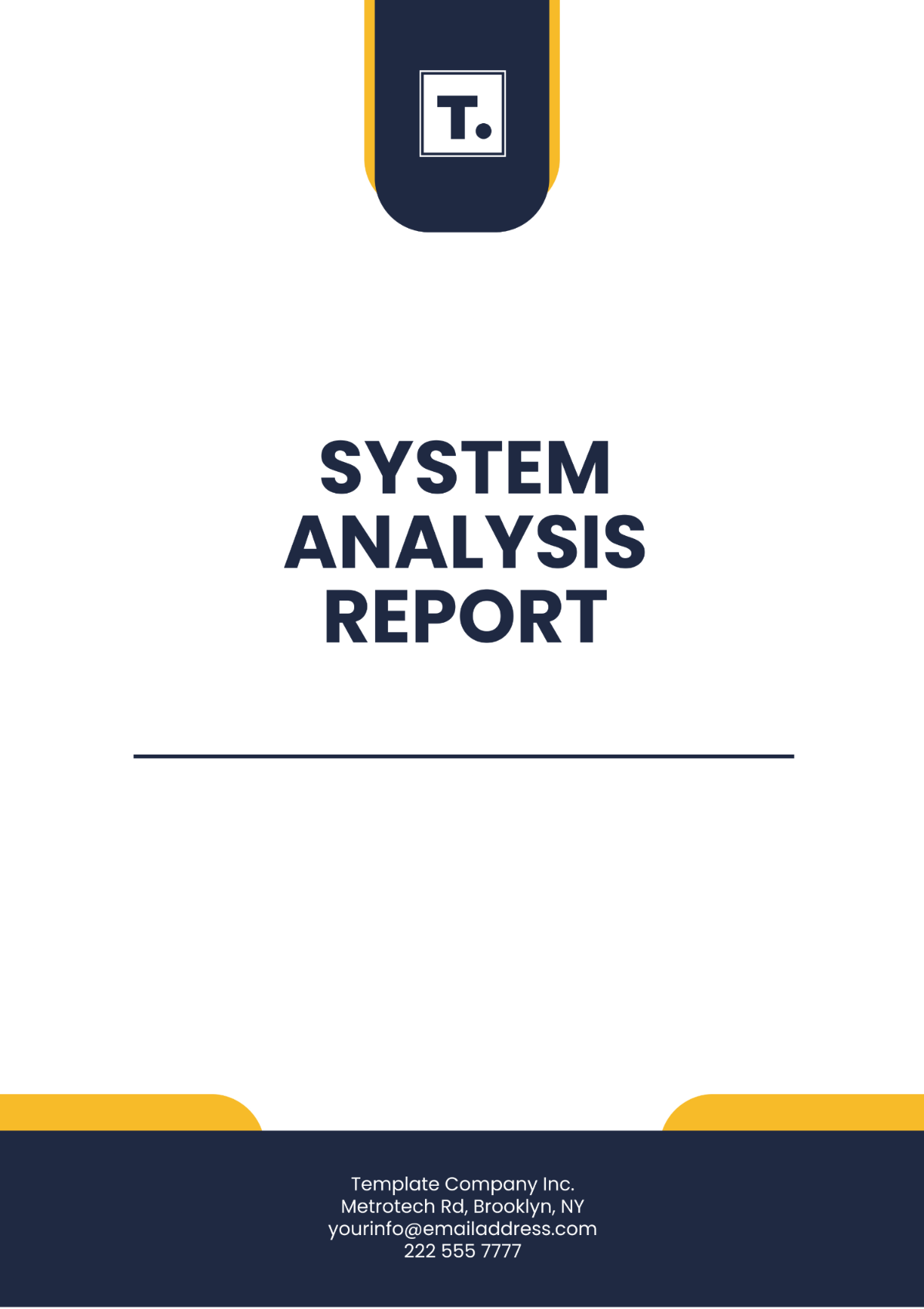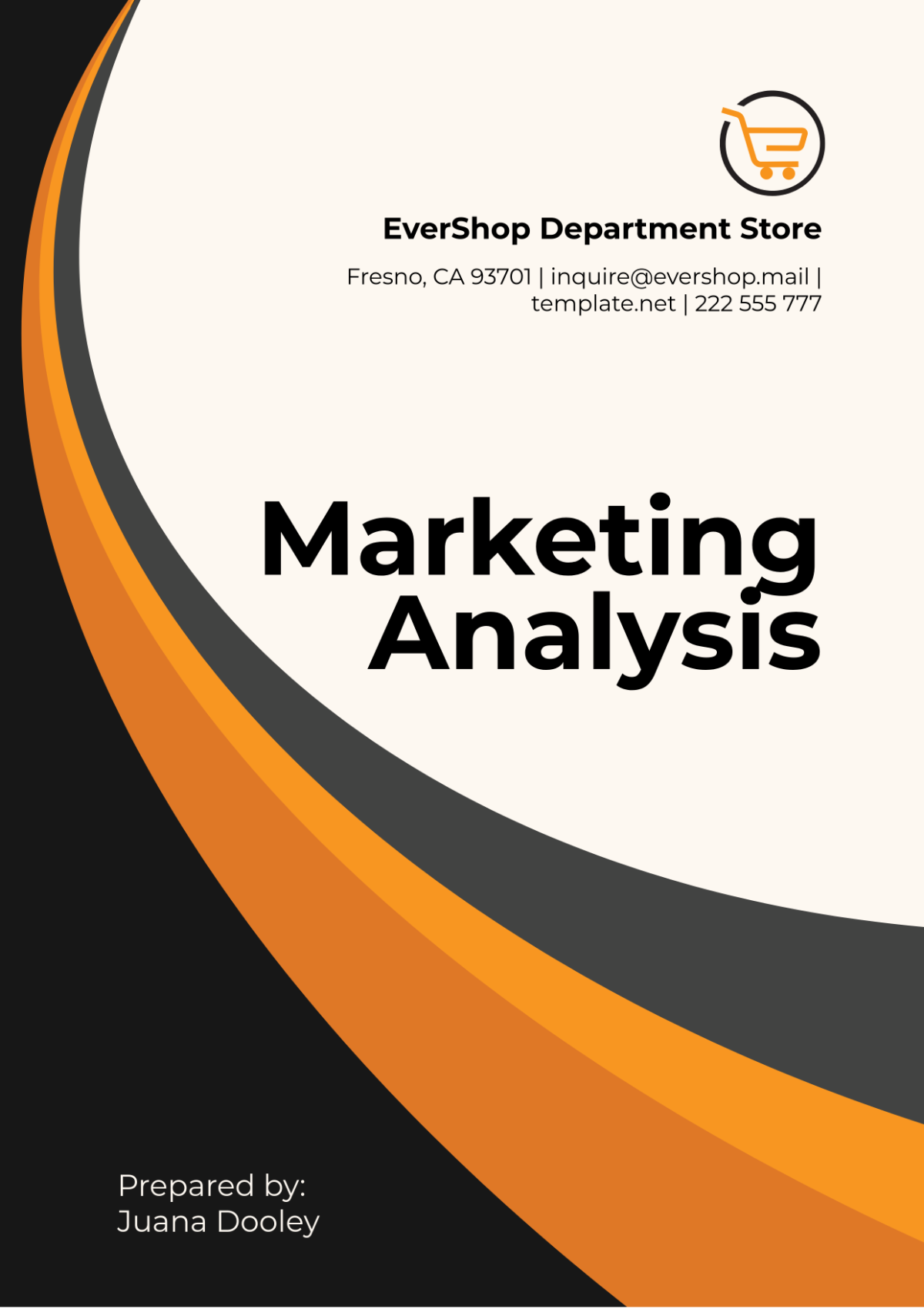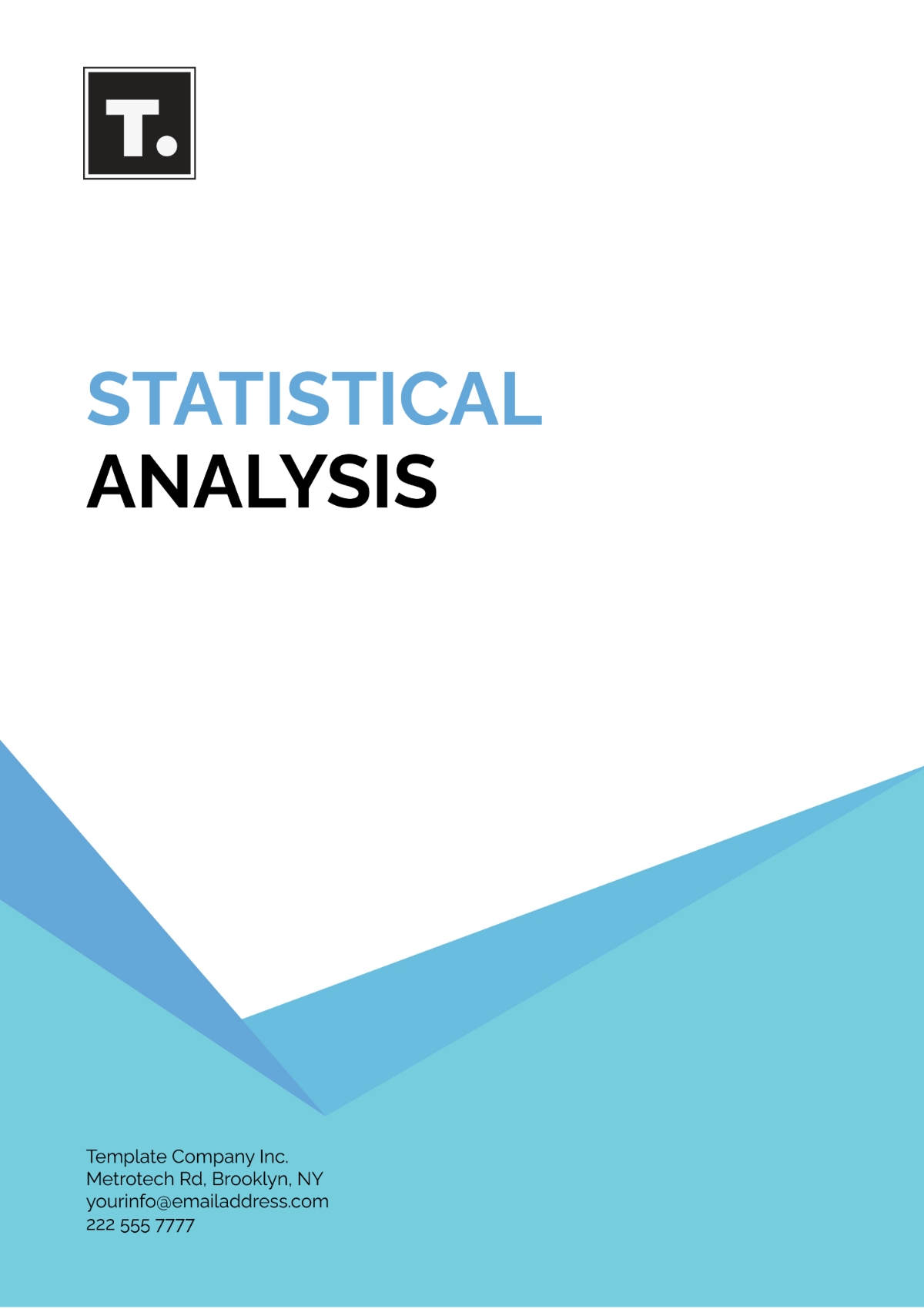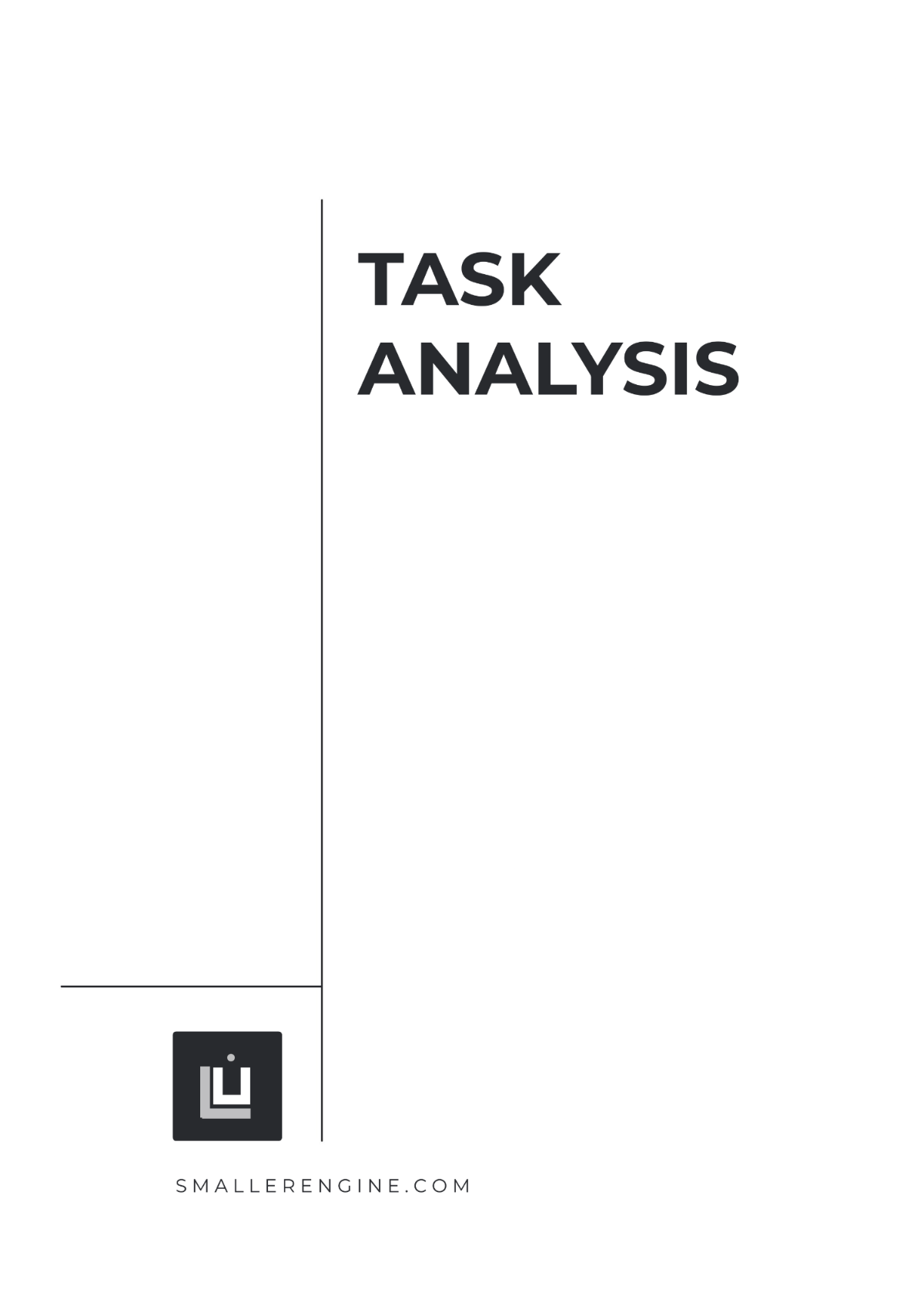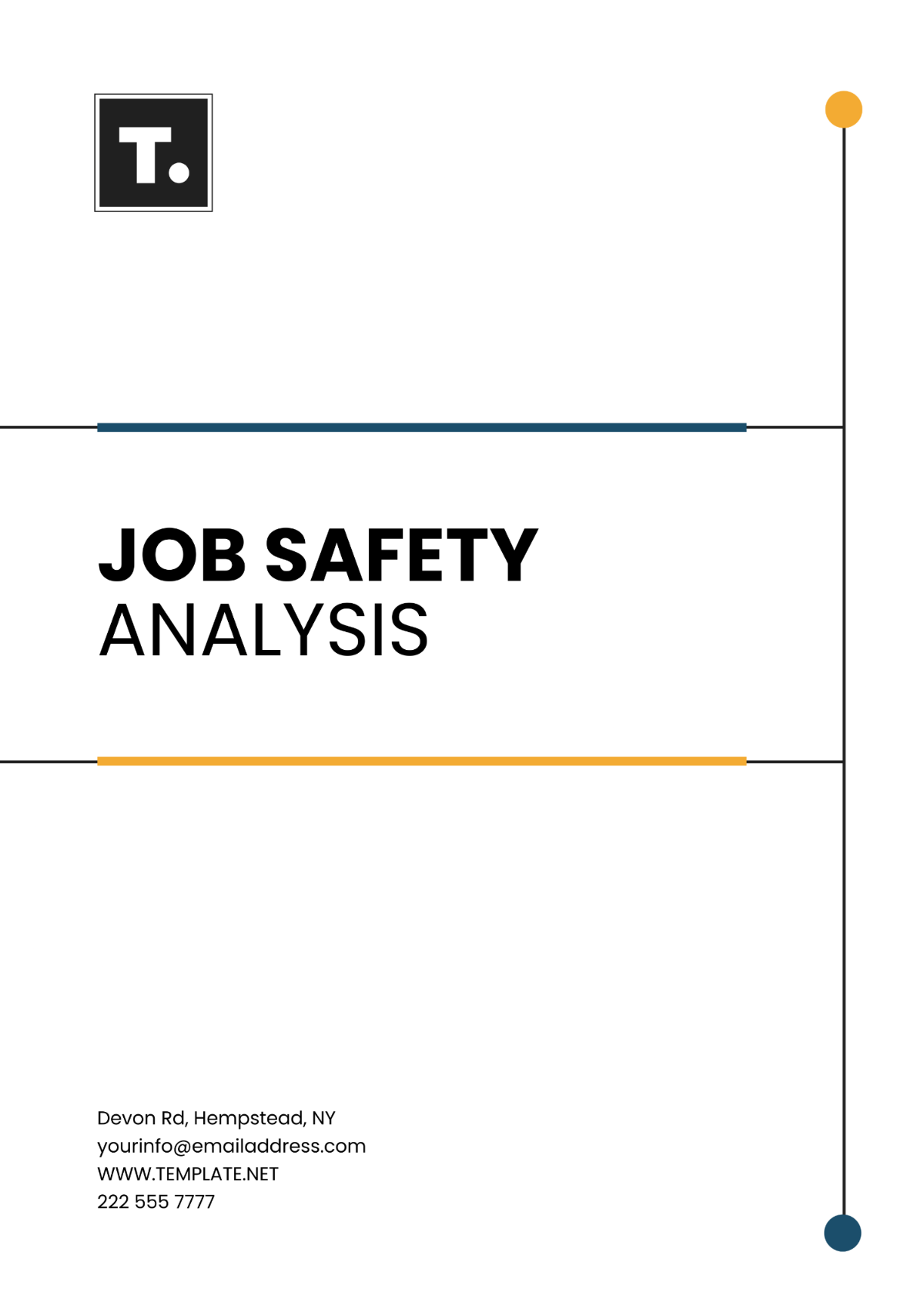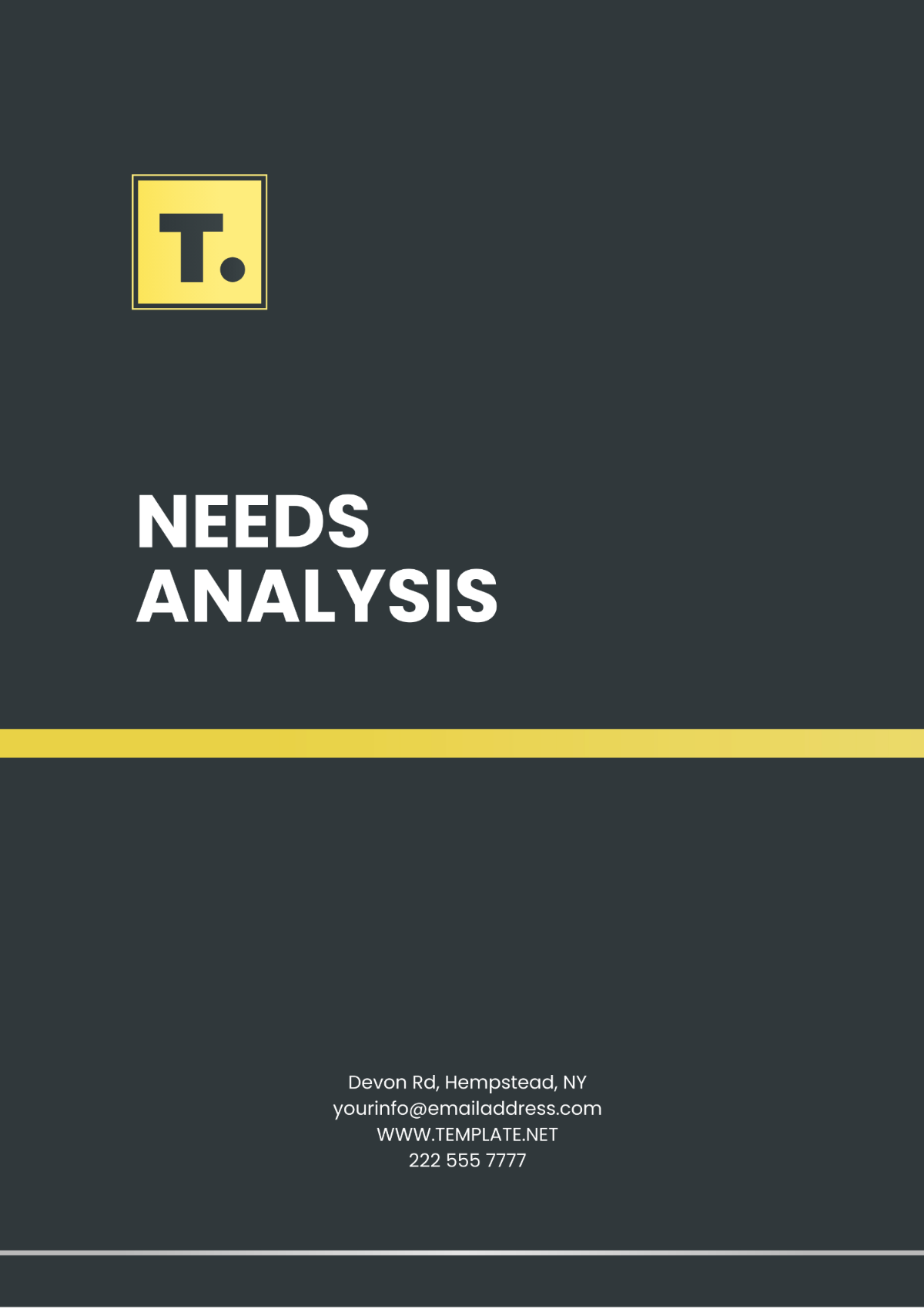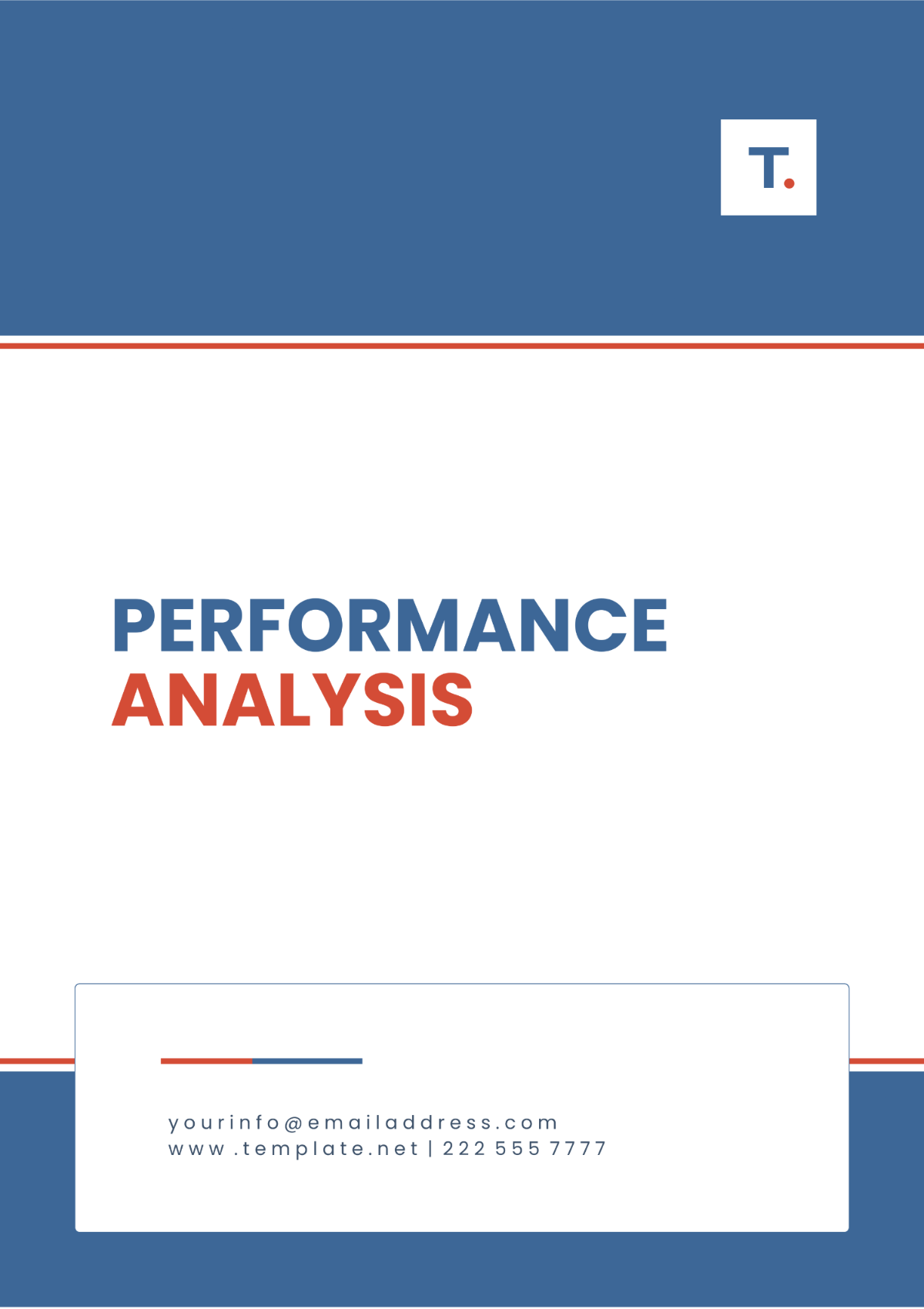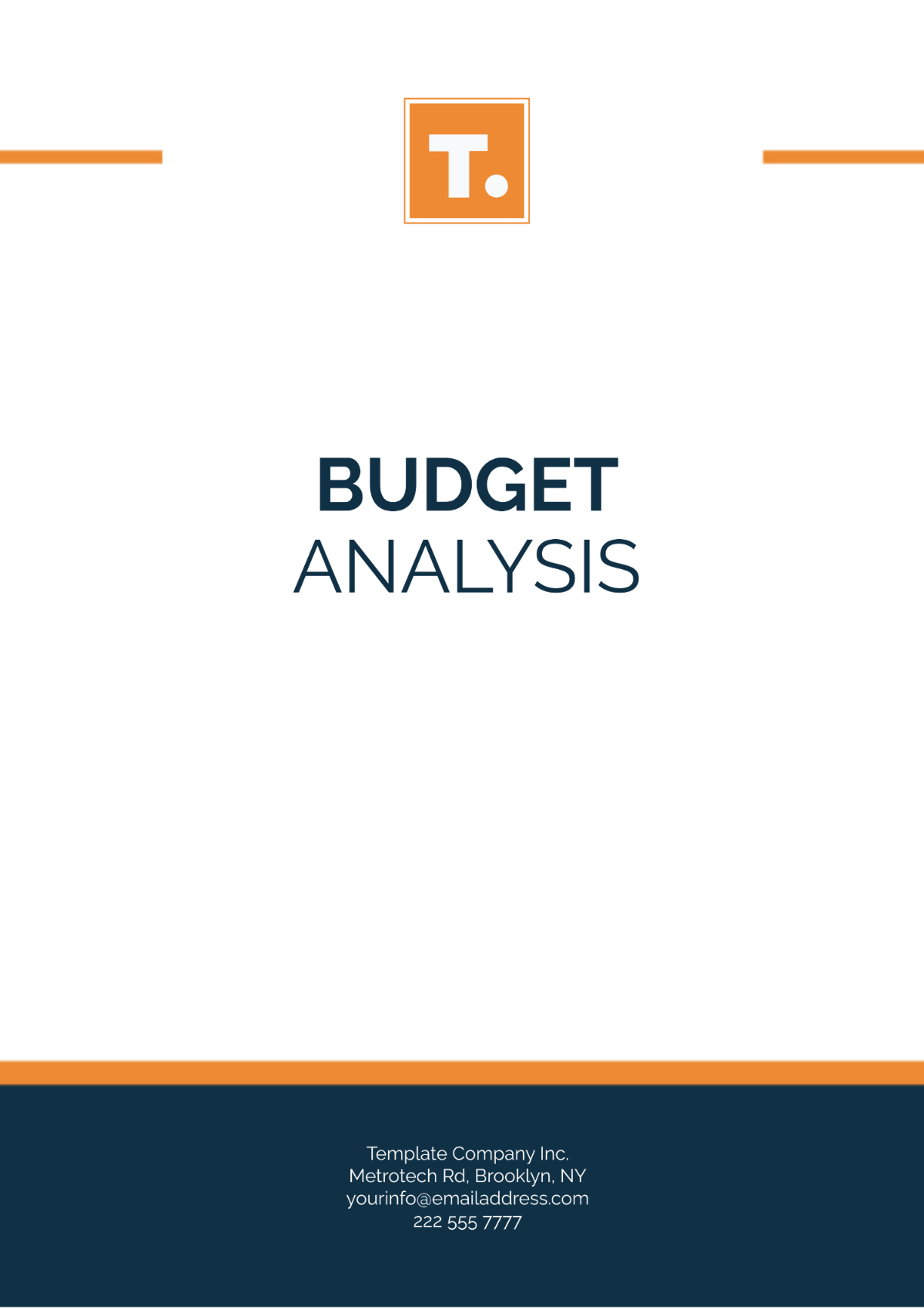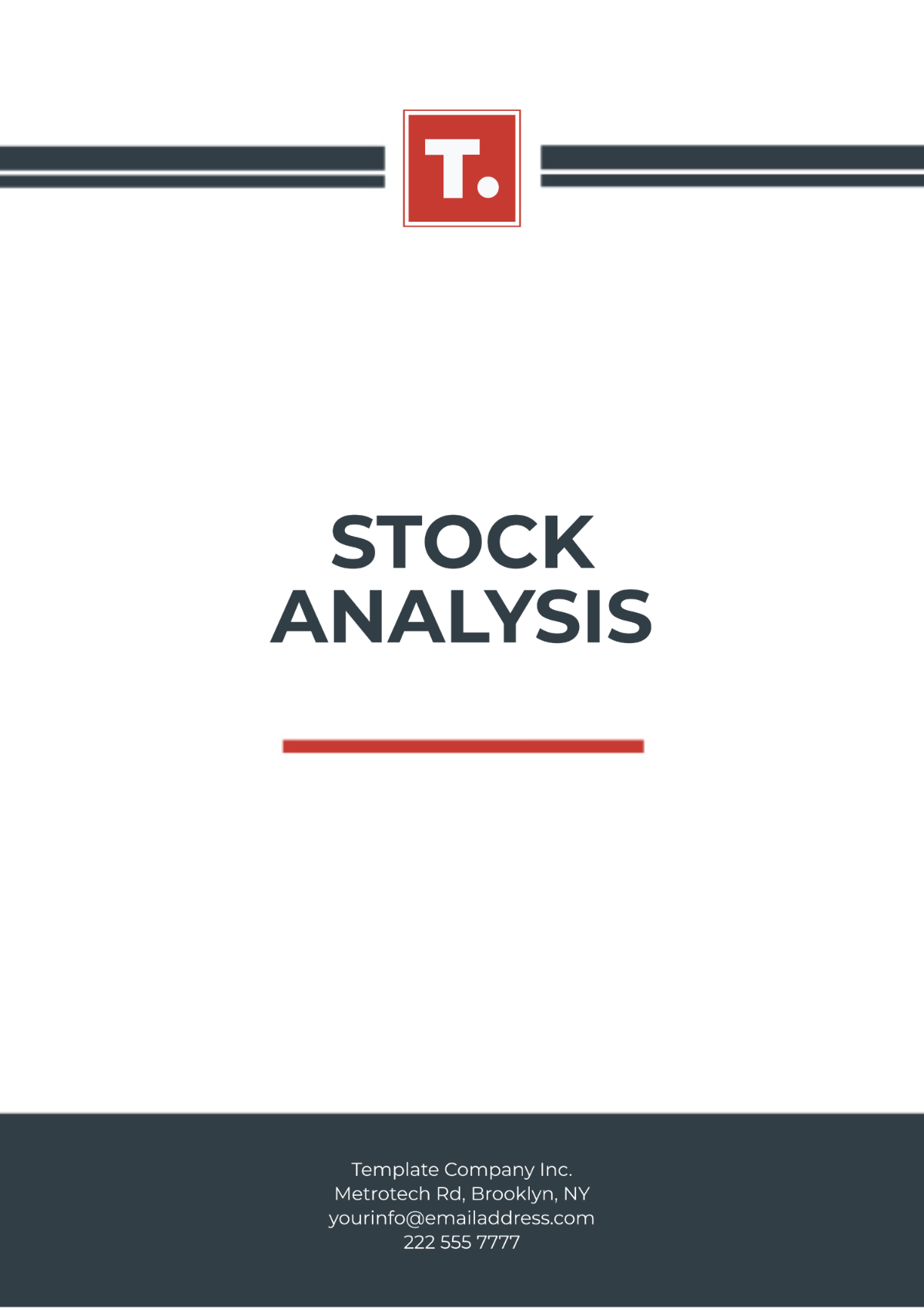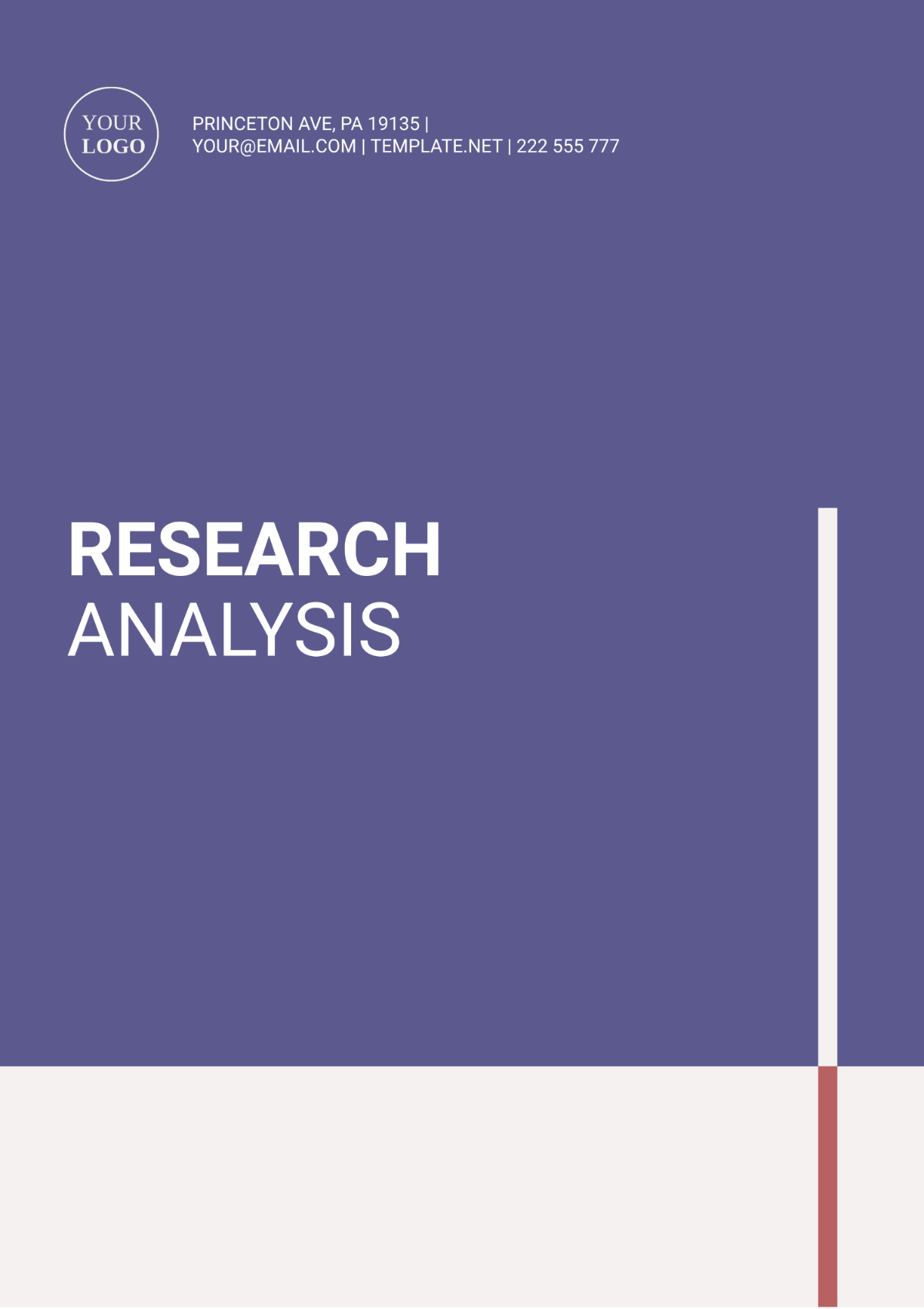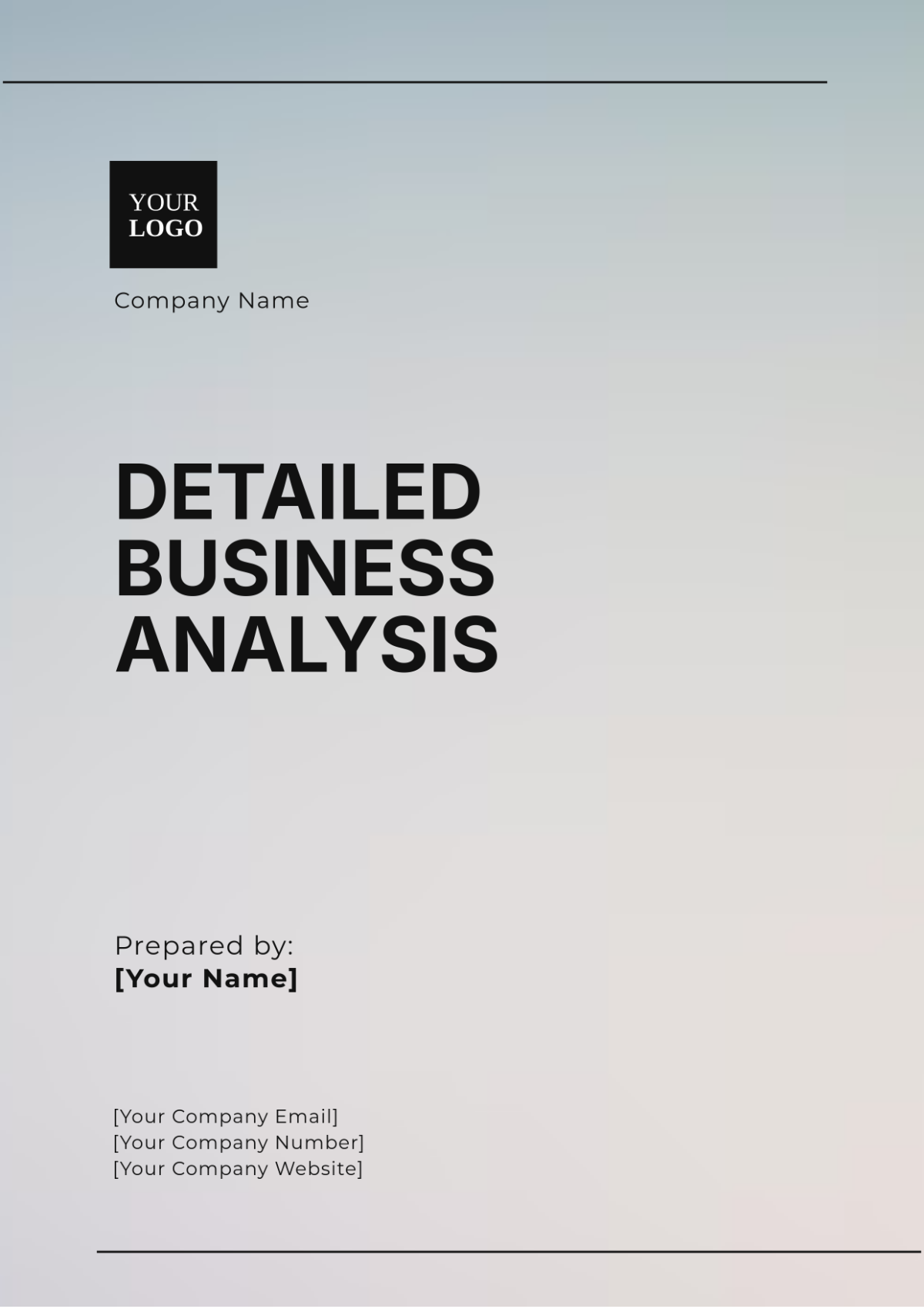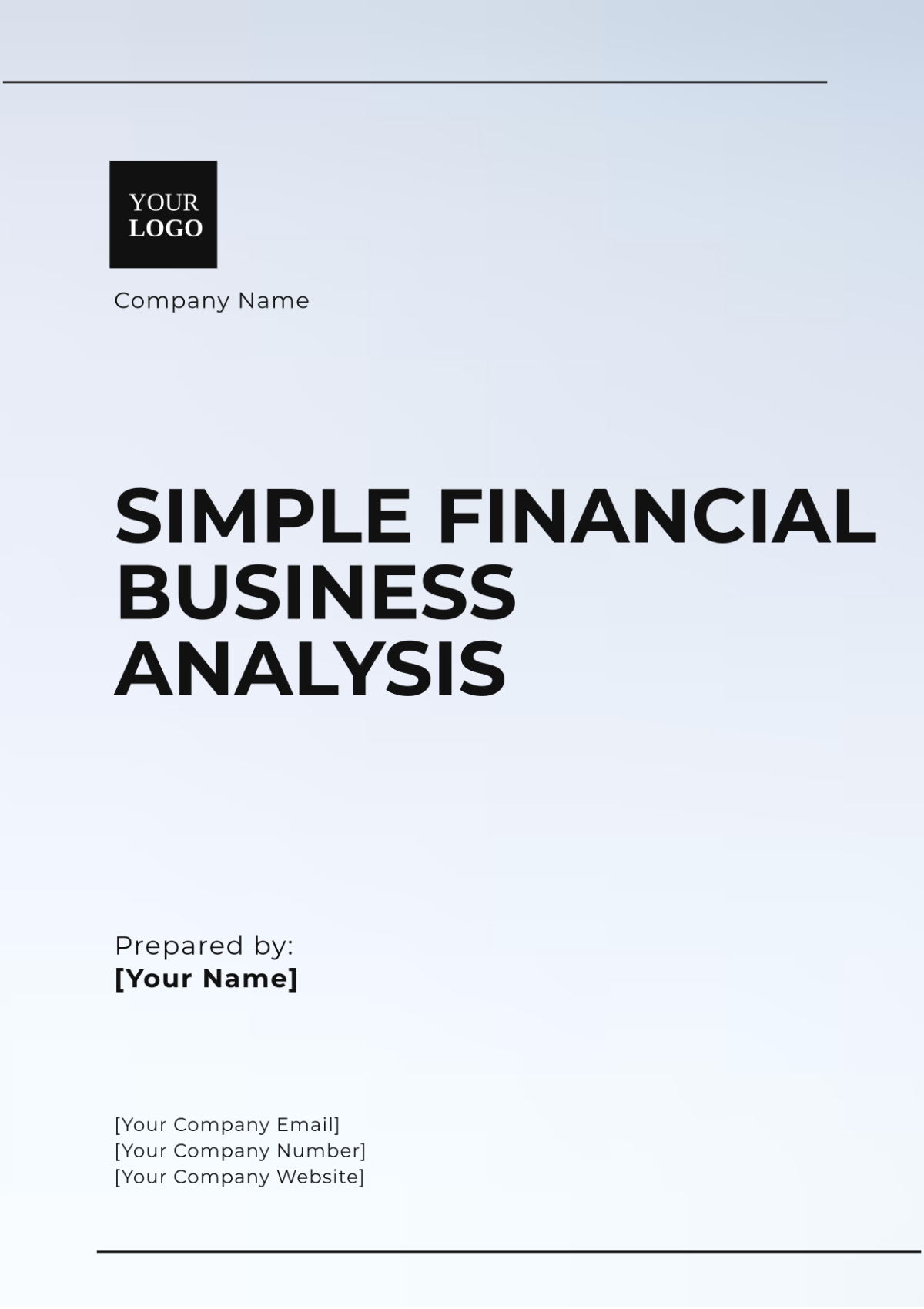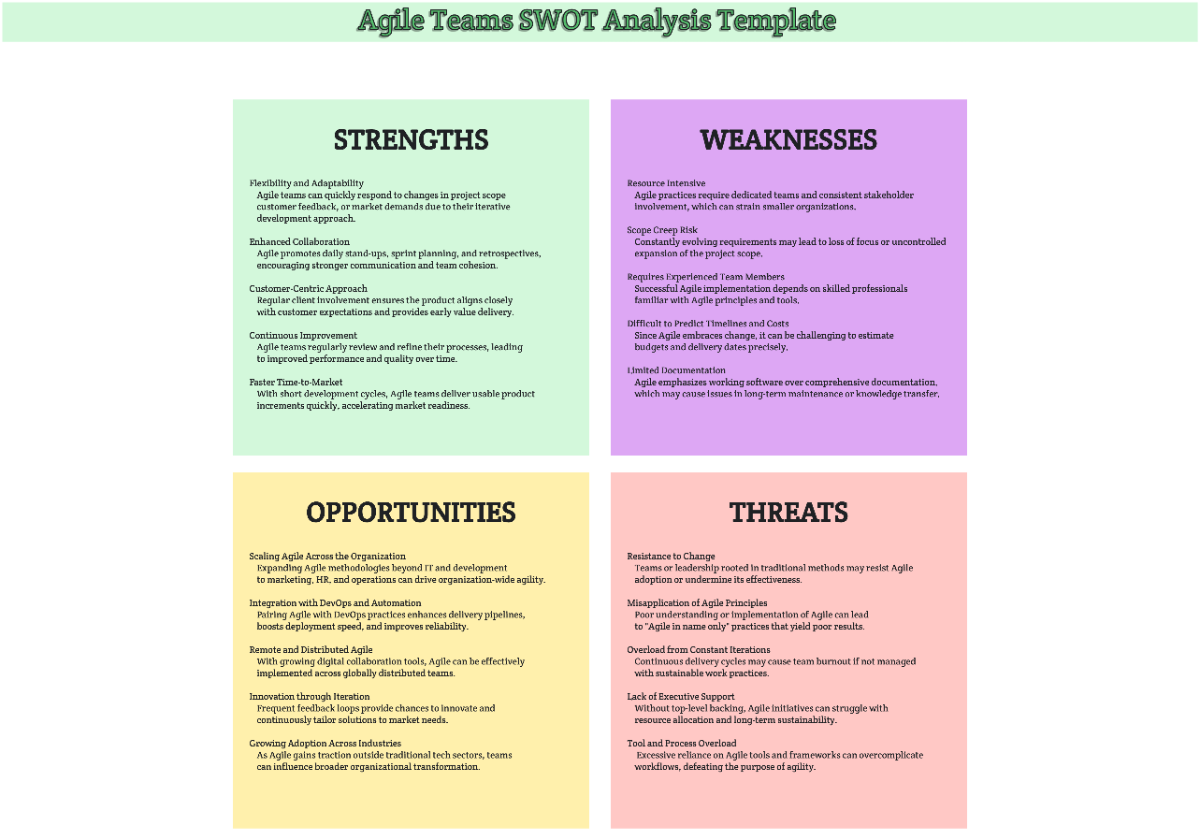Accounting Asset Management Analysis
Executive Summary
In this Accounting Asset Management Analysis, [Your Company Name] has demonstrated robust financial stewardship, achieving a commendable [$5 million] in overall asset valuation for the fiscal year [2050-2056]. Our analysis emphasizes the following key points:
Financial Growth: [Your Company Name] witnessed a [15%] increase in total assets compared to the previous fiscal year, showcasing strong financial growth.
Strategic Asset Allocation: The company's adept strategic asset allocation contributed to a well-balanced portfolio, minimizing risk and maximizing returns.
Profitability Metrics: Noteworthy profitability metrics, such as a [12%] Return on Assets (ROA), underscore [Your Company Name]'s effective asset utilization.
Opportunities for Optimization: While [Your Company Name] excels in several aspects, there are opportunities for optimization in asset management practices, particularly in diversification strategies.
Introduction
[Your Company Name] is a trailblazer in the financial sector, headquartered at [Your Company Address]. Since its inception in [2050], the company has been a pioneer in delivering comprehensive asset management services. This analysis, covering the fiscal year [2055-2056], aims to delve into the intricate accounting practices employed by [Your Company Name] in managing its diverse asset portfolio.
Company Overview
[Your Company Name], a financial powerhouse headquartered at [Your Company Address], has been a pillar of stability since its establishment in [Year]. Specializing in comprehensive asset management services, the company has cultivated a strong online presence at [Your Company Website]. Notable achievements include:
Client Base: Serving a diverse client base of [500+] individuals and businesses, [Your Company Name] has built lasting relationships founded on trust and financial expertise.
Industry Recognition: [Your Company Name] has garnered industry recognition, receiving accoladesfor its commitment to excellence in financial services.
Technology Integration: Embracing cutting-edge technology, the company employs advanced asset tracking systems and software, ensuring real-time insights into the status and performance of managed assets.
Asset Profile
In the fiscal year [2022-2023], [Your Company Name] managed a varied portfolio of assets, contributing to the overall valuation of [$5 million]. The detailed breakdown is presented in the table below:
Asset Category | Valuation (in $) |
|---|---|
Tangible Assets | $3,500,000 |
This diversified asset portfolio reflects [Your Company Name]'s commitment to strategic investment and risk management, positioning it for continued financial success.
Accounting Practices
[Your Company Name] employs robust accounting practices to ensure accurate and transparent management of assets. Key accounting methods include:
Depreciation Methods: Utilizing the straight-line depreciation method for tangible assets, ensuring a consistent reduction in value over the useful life.
Amortization: Applying the straight-line amortization method for intangible assets, evenly spreading the cost over the asset's estimated useful life.
Accounting Standards: Adhering to the Generally Accepted Accounting Principles (GAAP), [Your Company Name] maintains high standards in financial reporting and transparency.
Financial Reporting: Timely and comprehensive financial reports are generated, providing stakeholders with a detailed overview of asset valuations and financial performance.
Asset Tracking Systems
[Your Company Name] employs advanced asset tracking systems and software to monitor and manage assets efficiently. The system includes:
Software Integration: Integration with industry-leading asset management software, facilitating real-time tracking and analysis.
Barcode Scanning: Implementing barcode scanning for tangible assets, streamlining the tracking process and minimizing manual errors.
Cloud-Based Storage: Utilizing secure cloud-based storage for asset data, ensuring accessibility and data integrity.
Integration with Accounting Systems: Seamless integration with accounting systems, ensuring synchronization of asset data for accurate financial reporting.
The combination of these accounting practices and advanced tracking systems empowers [Your Company Name] to maintain precise control over its diverse asset portfolio.
Investment Strategies
[Your Company Name] implements meticulous investment strategies aimed at optimizing asset growth and minimizing risks. Key strategies include:
Diversification: Allocating assets across different classes to reduce risk exposure. For instance, diversifying investments in equities, fixed-income securities, and real estate.
Risk Assessment: Conducting thorough risk assessments to identify potential vulnerabilities and implementing risk mitigation measures.
Long-Term Planning: Developing and executing long-term asset management plans to capitalize on market trends and achieve sustained growth.
Client-Centric Approach: Tailoring investment strategies to align with client goals and risk tolerance, ensuring a client-centric approach.
Performance Metrics
[Your Company Name] evaluates its asset management success through key performance indicators (KPIs) for the fiscal year [2022-2023]. Performance metrics include:
Return on Assets (ROA): Achieving a commendable [12%] ROA, indicating efficient asset utilization.
Asset Turnover Ratio: Demonstrating a healthy turnover ratio of [2.5], signifying effective use of assets to generate revenue.
Profit Margin: Maintaining a robust profit margin of [18%], showcasing effective cost management.
Earnings Per Share (EPS): Recording an impressive EPS of [$5], reflecting strong financial performance.
These metrics underline [Your Company Name]'s commitment to delivering optimal returns and maintaining financial stability.
Compliance and Regulations
[Your Company Name] upholds a steadfast commitment to compliance with relevant accounting regulations and industry standards. Key compliance measures include:
GAAP Adherence: Strict adherence to the Generally Accepted Accounting Principles (GAAP) ensures standardized and transparent financial reporting.
Sarbanes-Oxley (SOX) Compliance: [Your Company Name] complies with the Sarbanes-Oxley Act, reinforcing internal controls and ensuring the integrity of financial information.
Regulatory Reporting: Timely submission of regulatory reports, demonstrating [Your Company Name]'s commitment to regulatory transparency and accountability.
Data Privacy Compliance: Adherence to data privacy regulations, safeguarding client and company data through robust security measures.
Future Projections
Looking ahead, [Your Company Name] envisions continued growth and strategic adaptation to industry trends. Future projections for the next fiscal year [2023-2024] include:
Asset Growth: Anticipating a [10%] increase in total assets, driven by strategic investments and market opportunities.
Technological Advancements: Embracing emerging technologies to enhance asset tracking systems and optimize operational efficiency.
Market Expansion: Exploring new markets and client segments to diversify the client base and capture emerging opportunities.
Challenges and Mitigations: Proactively addressing challenges such as market volatility and regulatory changes through agile strategies and risk management.
These future projections position [Your Company Name] for sustained success and resilience in a dynamic financial landscape.
Comparison with Industry Standards
[Your Company Name]'s asset management practices were benchmarked against industry standards, showcasing areas of strength and potential improvement:
Efficiency Ratios: [Your Company Name] outperformed industry averages in efficiency ratios, with a lower expense ratio of [10%] compared to the industry average of [15%].
Diversification Strategies: While excelling in diversification, there is an opportunity to enhance exposure to emerging markets, aligning with current industry trends.
Technology Integration: [Your Company Name] demonstrated advanced technology integration, surpassing industry standards in asset tracking systems and data analytics.
Client Satisfaction: Client satisfaction surveys revealed a satisfaction rate of [90%], exceeding the industry benchmark of [80%].
Recommendations
Based on the comprehensive analysis, the following actionable recommendations are proposed:
Enhanced Diversification: Explore opportunities for further diversification, especially in emerging markets, to optimize risk and return.
Technological Upgrades: Invest in advanced technologies to enhance asset tracking systems, ensuring real-time insights and efficiency gains.
Strengthen Regulatory Compliance: Continuously monitor and adapt to evolving regulations, ensuring the highest standards of compliance and transparency.
Client Engagement Initiatives: Implement targeted client engagement initiatives to strengthen relationships and gather valuable feedback for continuous improvement.
Conclusion
[Your Company Name] has showcased commendable performance in asset management throughout the fiscal year [2055-2056]. With a robust asset portfolio valued at [$5 million], the company has strategically navigated market dynamics and demonstrated resilience in a competitive landscape.
This comprehensive analysis has uncovered key strengths, including efficient asset utilization reflected in a [12%] Return on Assets (ROA) and a healthy Asset Turnover Ratio of [2.5]. Moreover, [Your Company Name]'s commitment to compliance with industry standards and regulations positions it as a trusted and transparent financial institution.
While acknowledging these strengths, strategic recommendations have been outlined to further optimize diversification, embrace technological advancements, and fortify regulatory compliance. These recommendations aim to propel [Your Company Name] towards sustained growth and innovation in the dynamic financial environment.
In the pursuit of excellence, [Your Company Name] remains dedicated to client-centric approaches, technological advancements, and adherence to the highest standards of financial management.
For any inquiries or further information, please contact:
[Your Company Name]
[Your Company Email]
[Your Company Address]
[Your Company Number]

